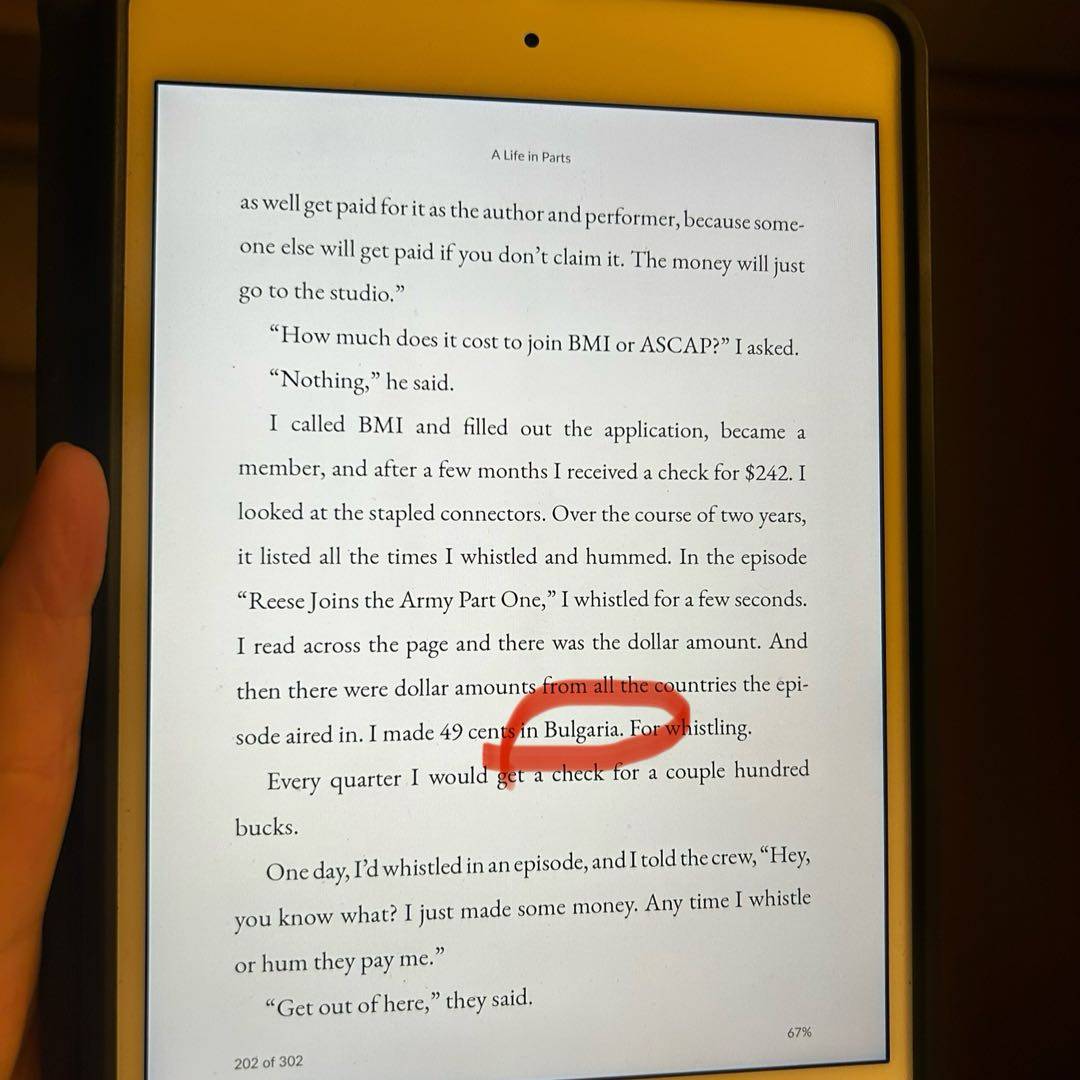
That moment when you‘re reading a book that randomly mentions a country — and you just happen to BE in that exact country! 🤯😀

That moment when you‘re reading a book that randomly mentions a country — and you just happen to BE in that exact country! 🤯😀
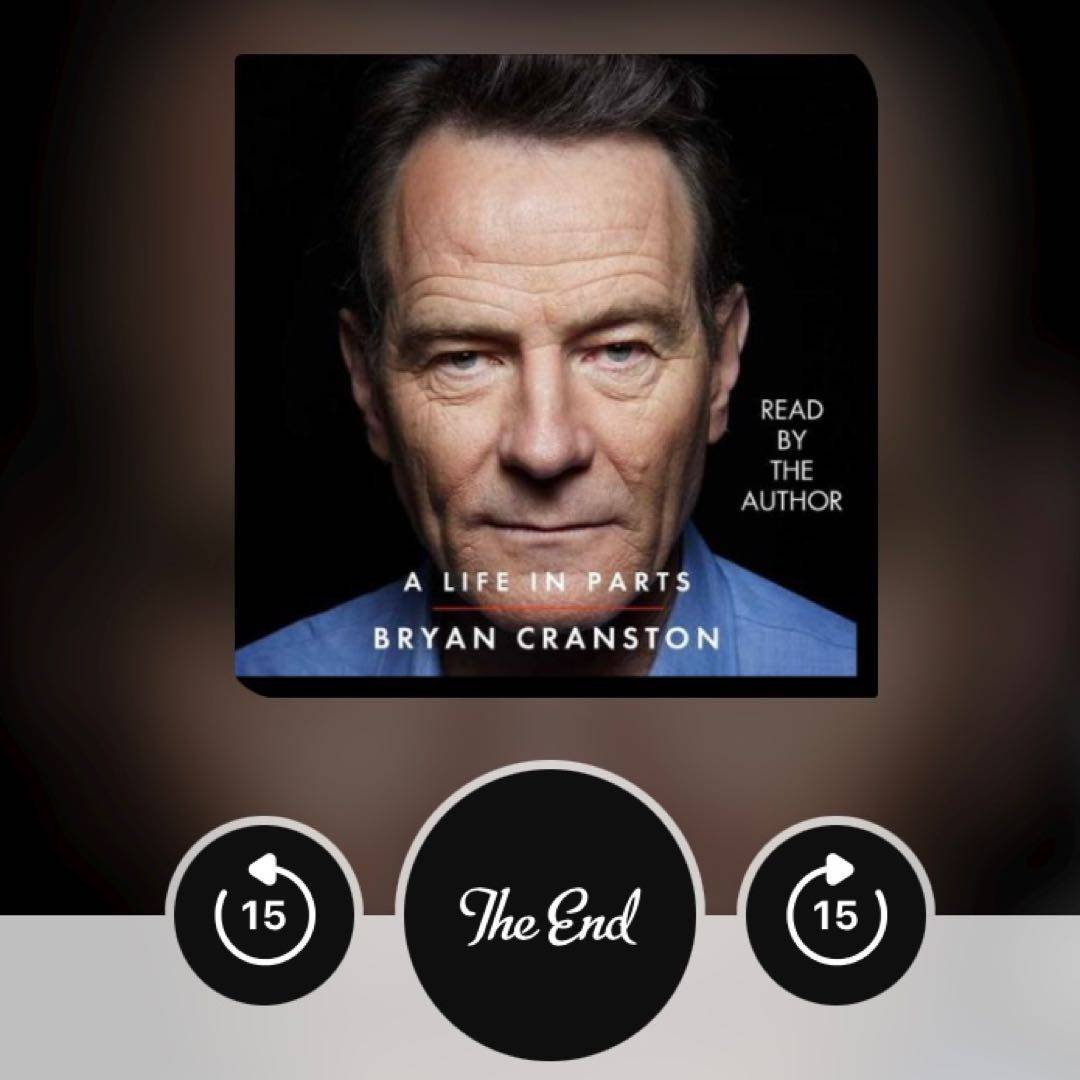
I liked this memoir! I‘m continuing my reading theme this year of memoirs, and still enjoying it! I have not seen Breaking Bad, but I still really enjoyed learning about his life and work. What I‘m discovering is that it‘s still worthwhile to read memoirs of people even if you aren‘t super familiar with them.
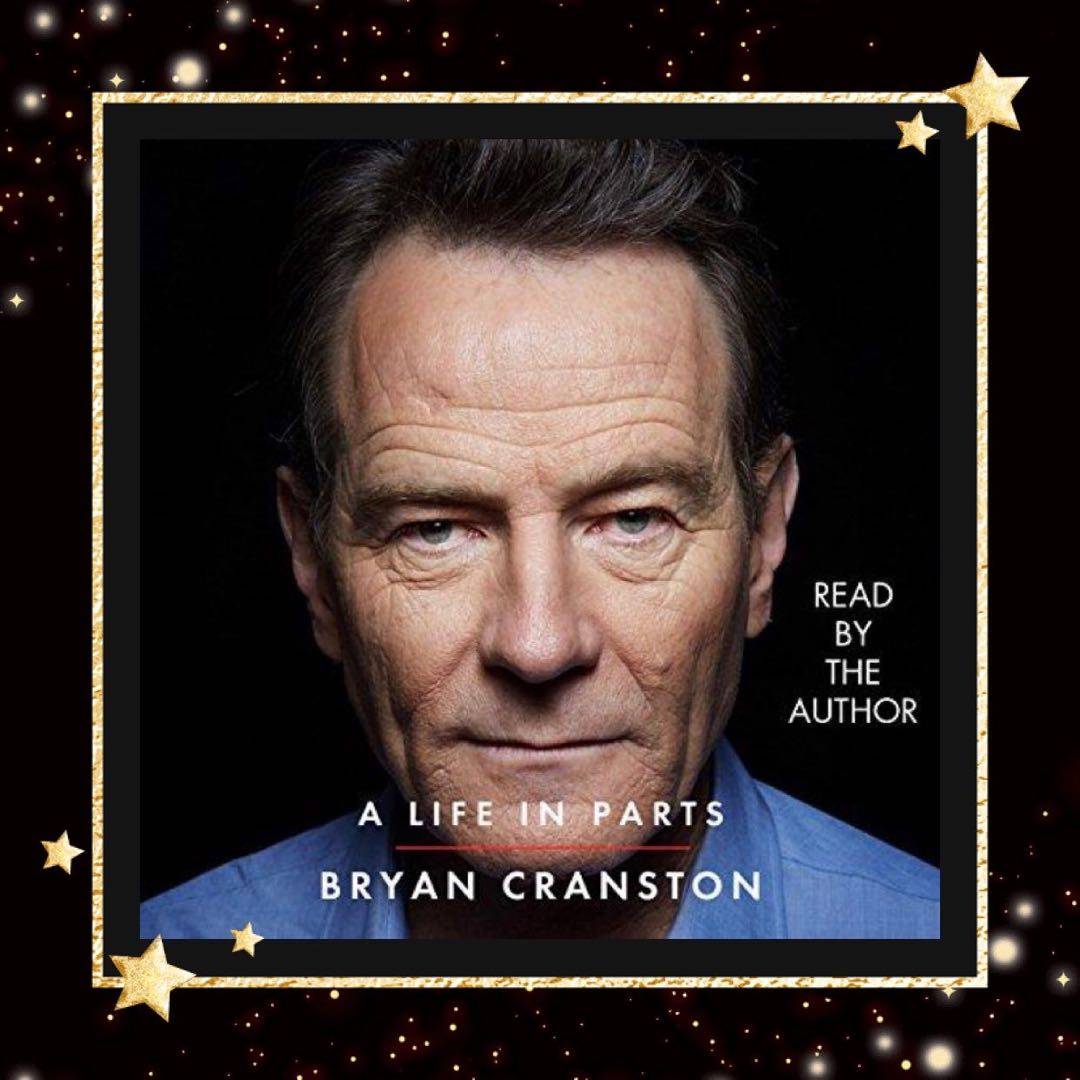
If you are a fan of Malcom in the Middle and Breaking Bad this is the book for you! This was a quick read and very entertaining. Bryan Cranston has had a wide range of roles through out his career and just to learn more about what got him into acting and the life had growing up was really eye opening. He‘s work as a police man, rode his motorcycle cross country and been a person of interest in a murder investigation.
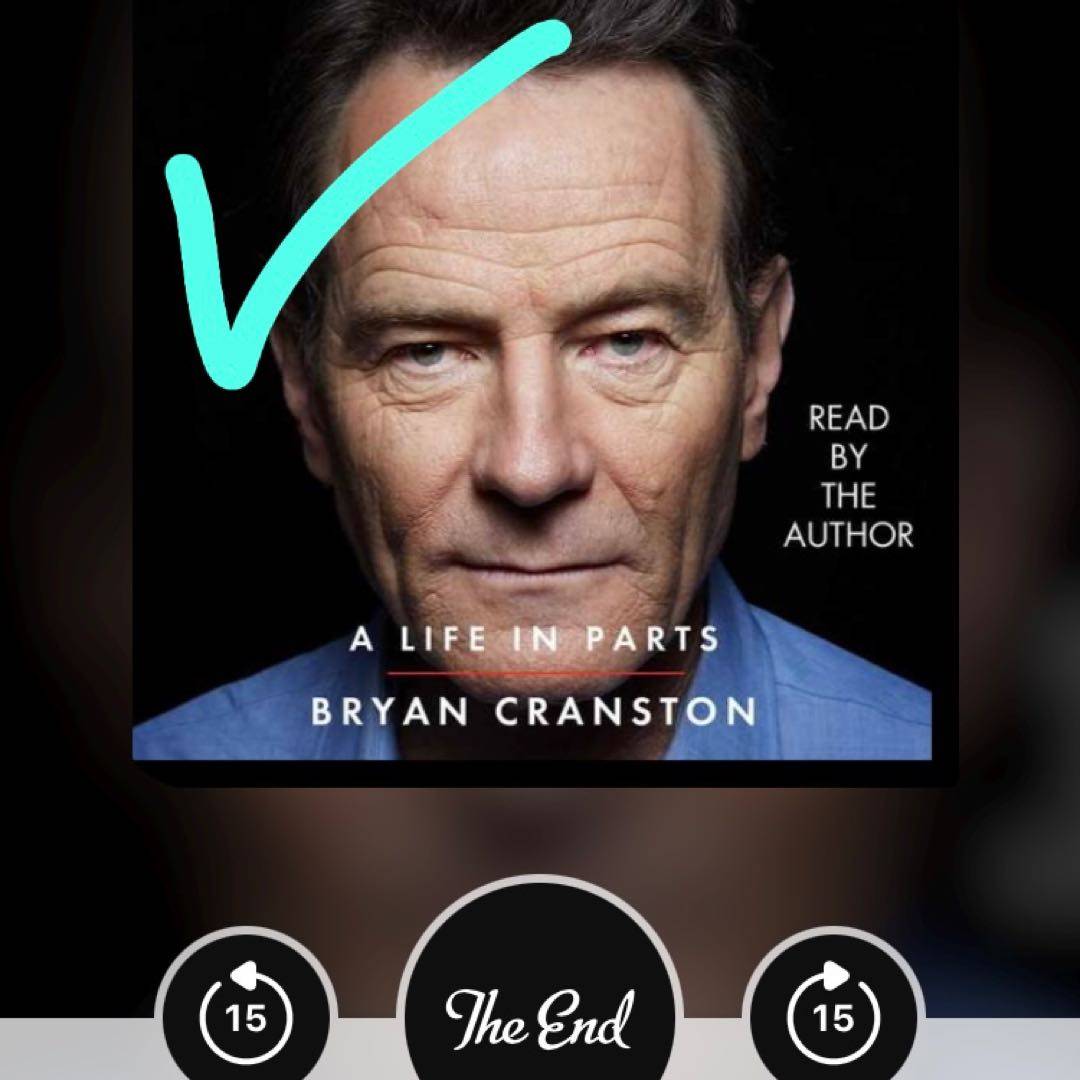
I love Walter White and I love Bryan Cranston. This was a great memoir of his life. I loved the stories he shared and that it didn‘t take a chronological approach necessarily. Good job! #walterwhite
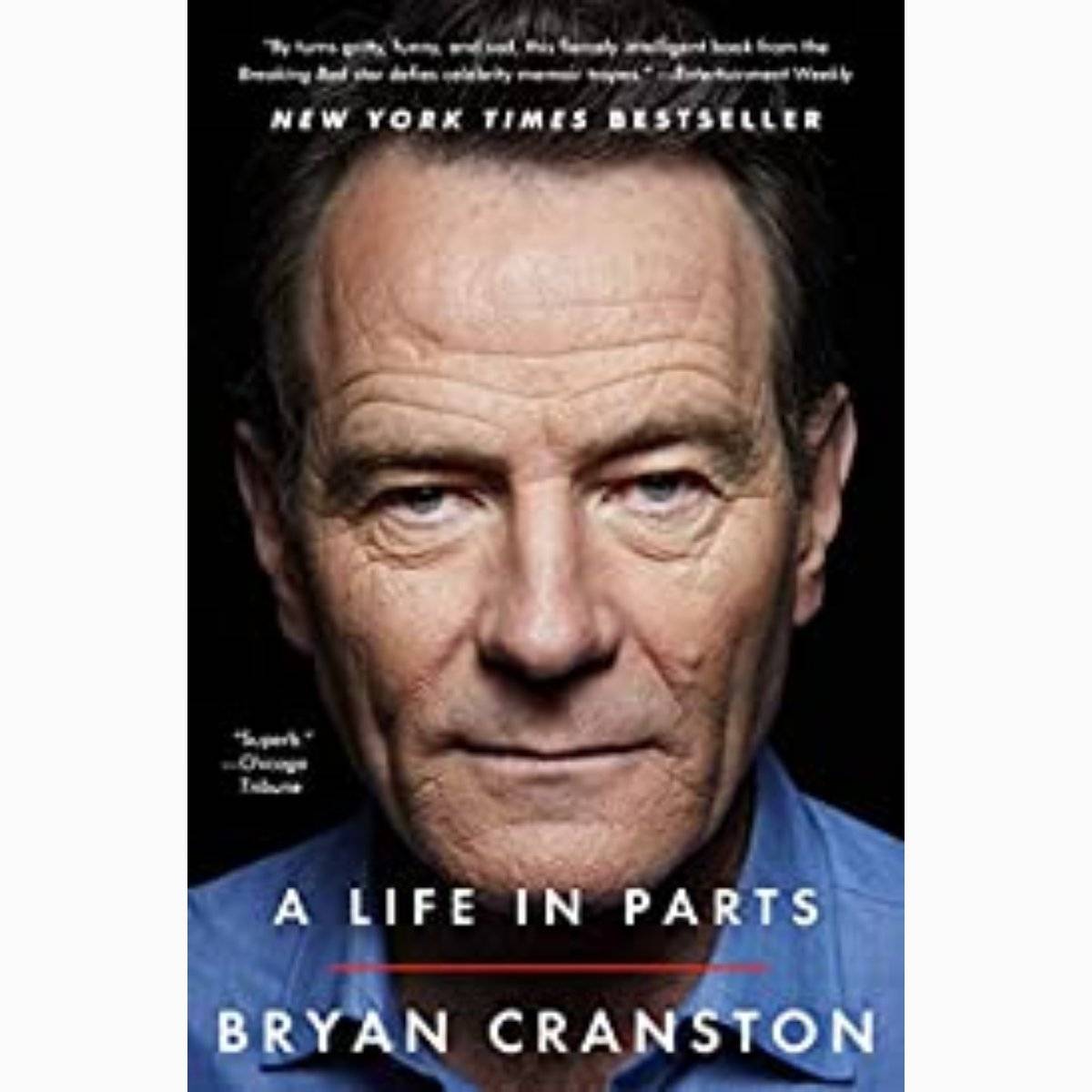
My review of this book can be found on my Youtube Vlog at:
https://www.youtube.com/watch?v=r2ESdxPEgjc
Enjoy!

I thought this was interesting. It‘s an article about the most famous book set in every state. Here‘s the link: https://www.businessinsider.com/most-famous-book-set-in-every-state-2016-11
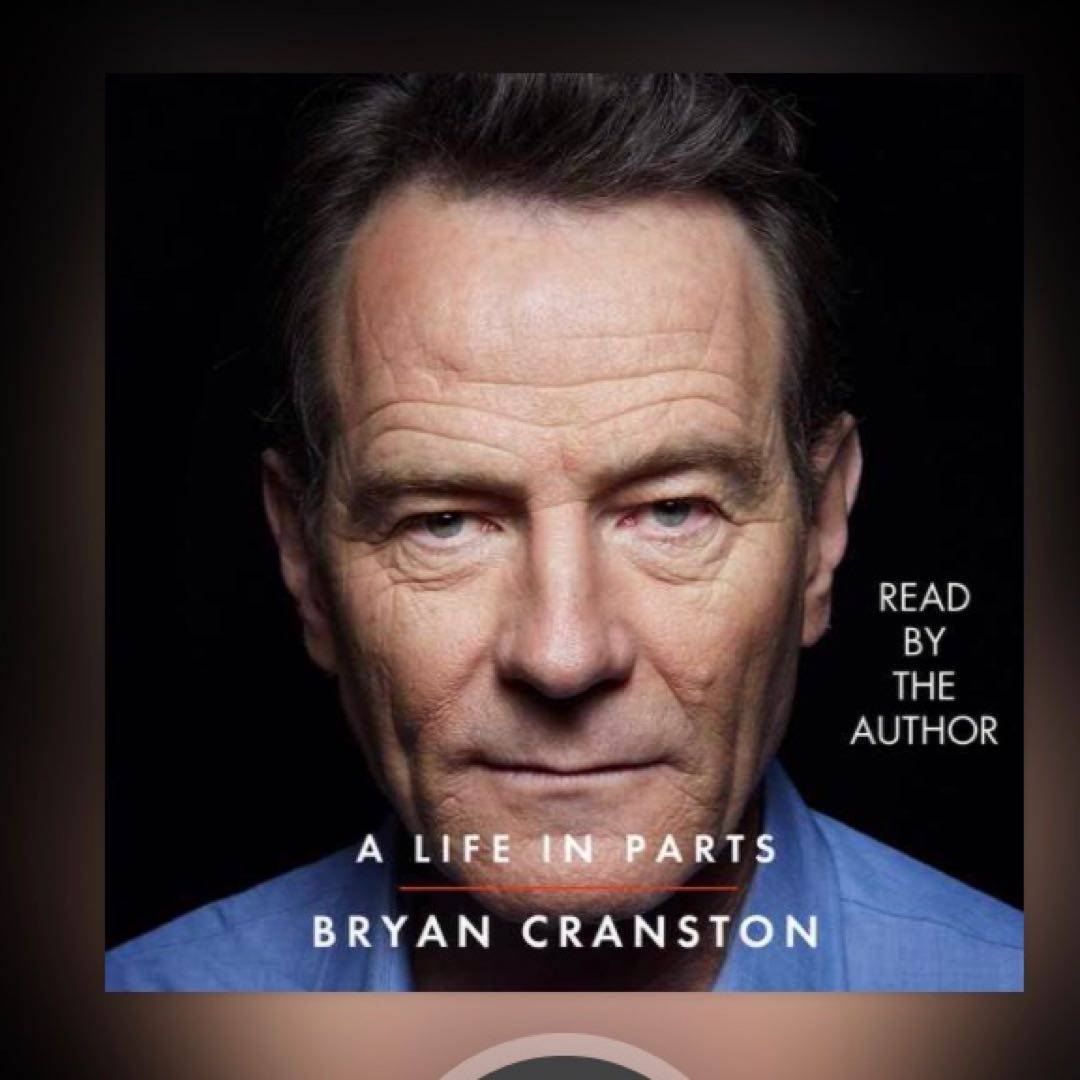
THIS ONE WAS SOOOO GOOD! I have the physical book as well, but I devoured the audiobook since his voice is so soothing 😍#summersendreadathon I‘m somewhere past the 65hour mark, but I forgot to check before I left for work this morning.
A fairly enjoyable memoir. There were a few LOL moments and a lot of waxing on about his philosophies on life and on the art of acting. I would not recommend this for anyone that would be bothered by spoilers for Breaking Bad, as several plot points are discussed throughout. #memoir #celebrity #audiobook

I'm a bit obsessed with #audiobooks, this is just some of my #Audible collection!
They do give you a different experience than reading a book, but I have physical or e-copies of some of these books too. I loved listening to Bryan Cranston's 'A Life in Parts', & I must have listened to 11/22/63 (Stephen King) at least 7 times now!
I sometimes wonder whether I have too many books, is that even possible?..
@24in48 #24in48 #readathon #hour12challenge

It‘s hard to choose a cat picture so here are 75% of my house panthers for #petsandrecs (top down: Dieter, MacGruber, Whiskers) and the tagged book is my favourite audiobook. I could listen to Bryan Cranston talk forever. Plus Malcolm in the Middle! @Clwojick
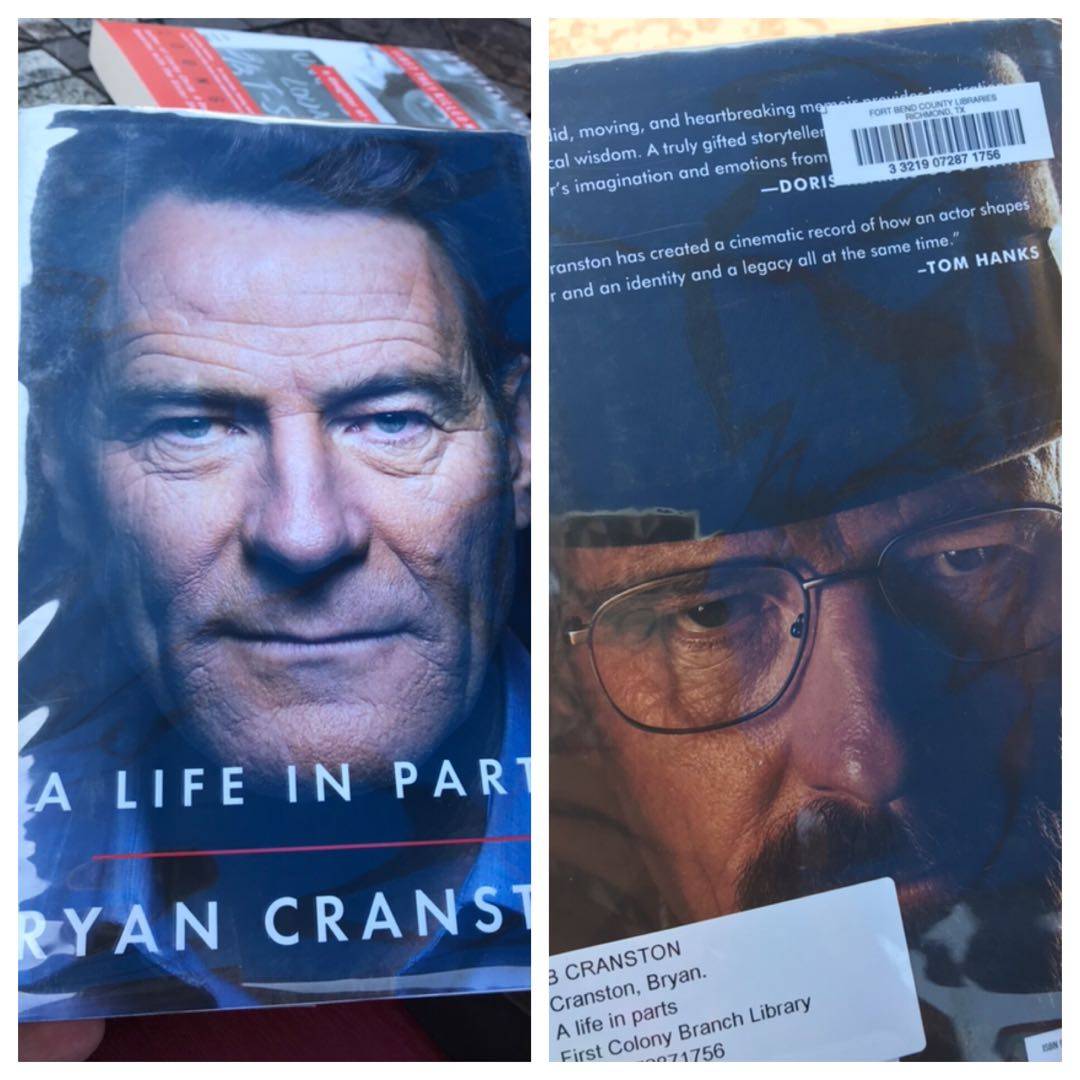
If you loved Breaking Bad then you will enjoy reading this. Fast reading and great insight on him and his character Walter White😎
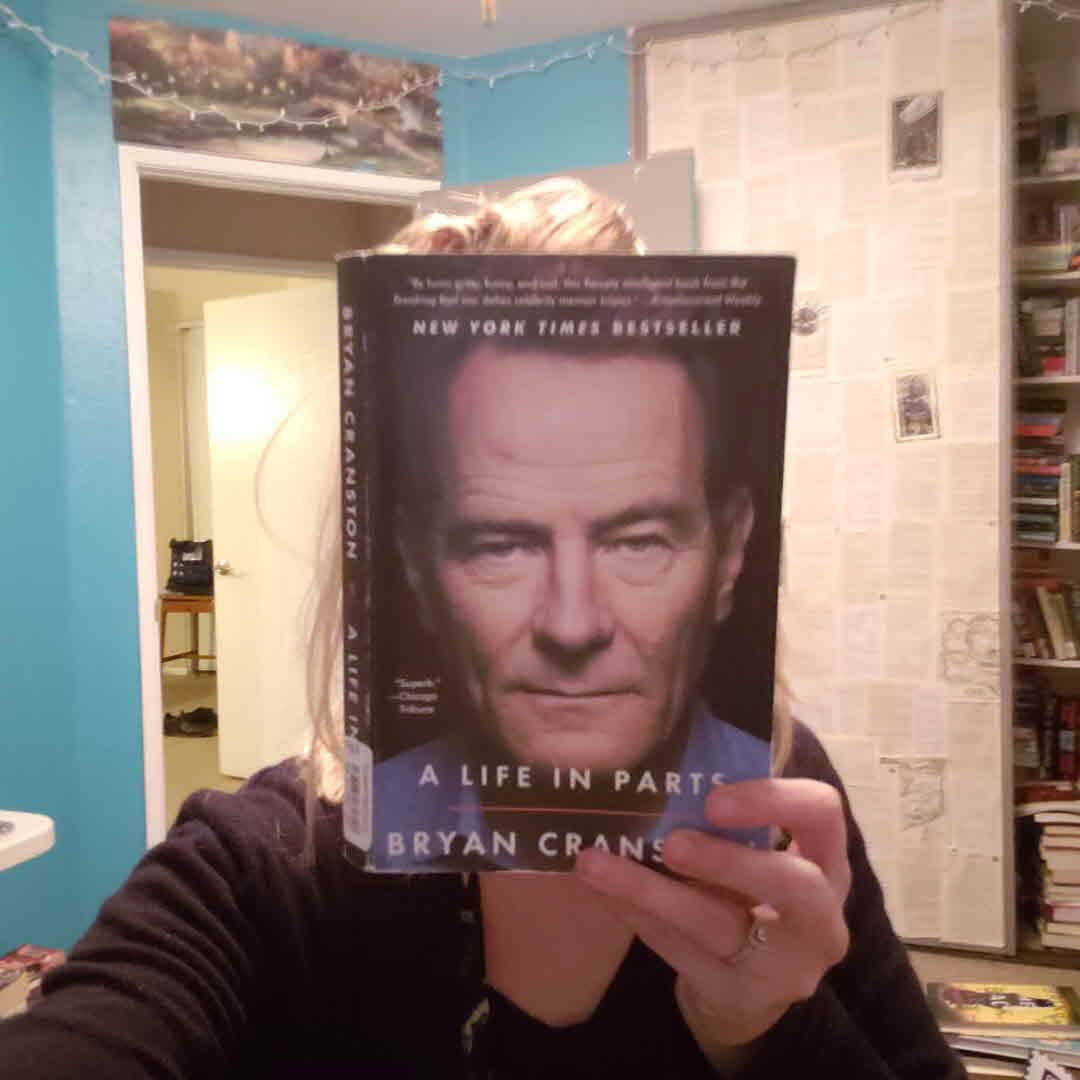
Great book. When I read it I could just picture his voice. I was a big fan of Breaking Bad and Malcolm in the Middle when I was younger. I didnt think it was as funny as everyone said it was. Loved learning about his path to acting though. Recommend.
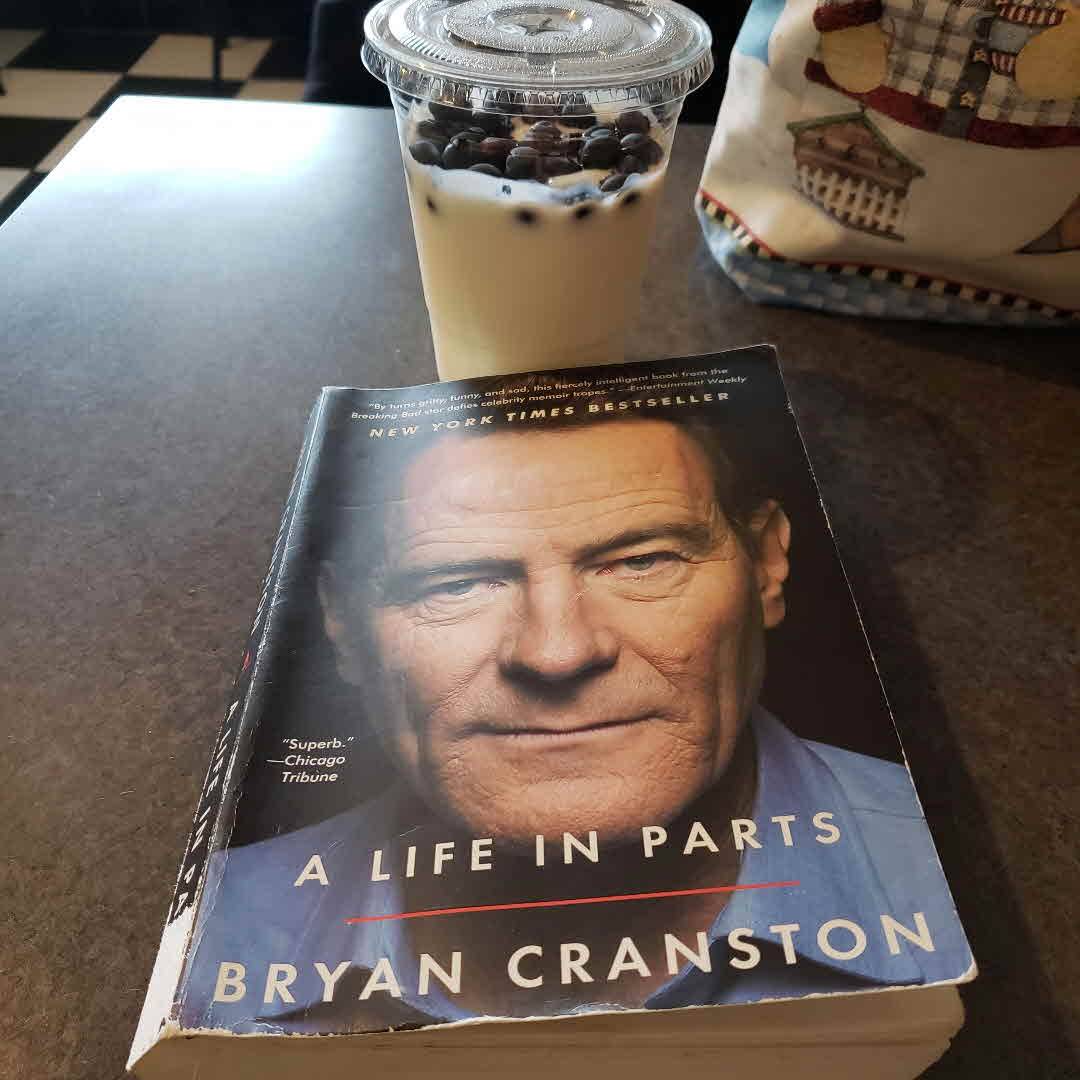
Ahhhh sweet Friday has come!!
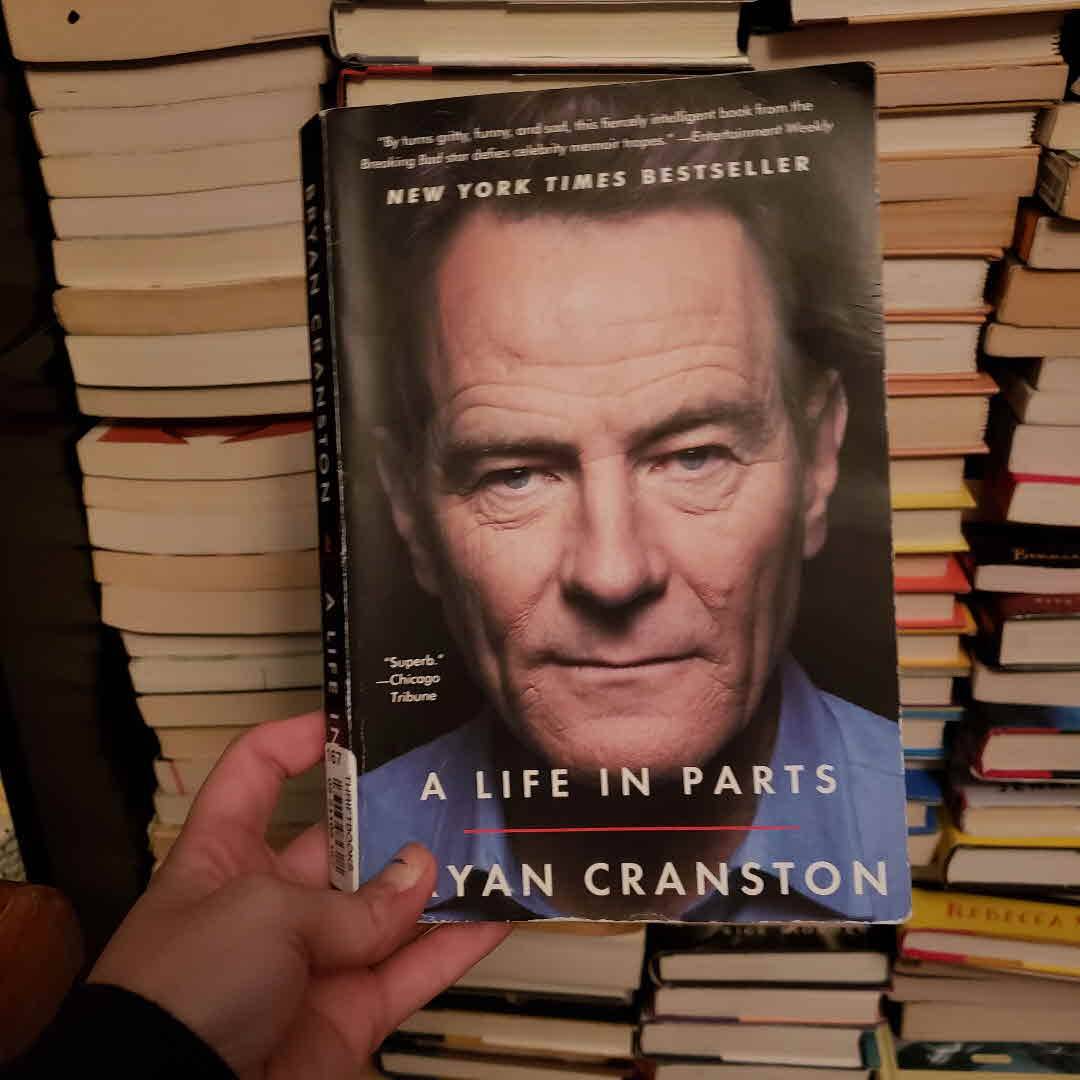
Book 14 of 2019
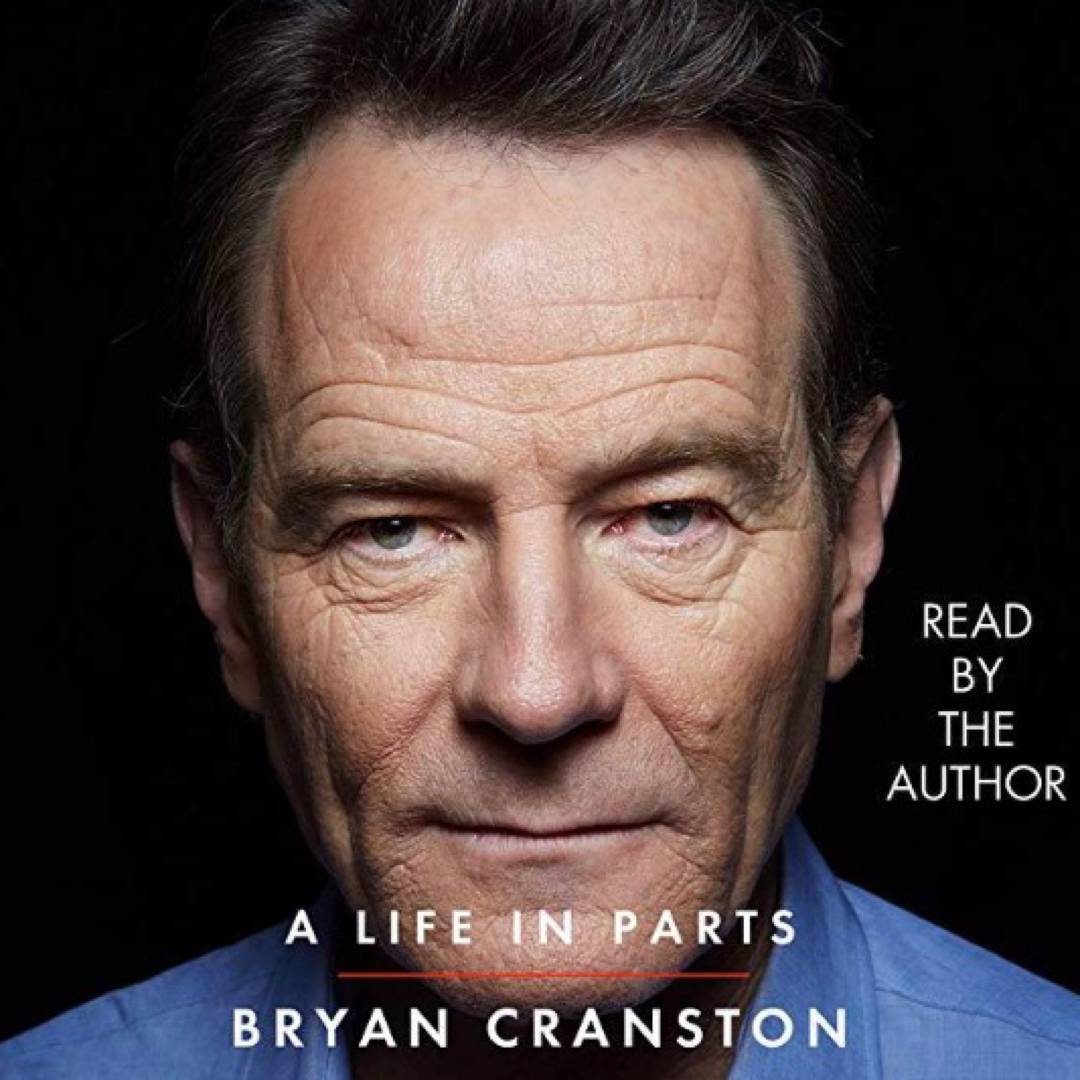
⭐️⭐️⭐️ If, like me, you are/were thinking of finally watching Breaking Bad, then don‘t read this. 😆 I knew he‘d discuss his character Walter White, and the show as a whole, but I didn‘t expect details of very pivotal moments. Major spoilers. No need to watch now. Oh well. Otherwise, it was a decent celebrity memoir focusing mostly on roles, but also delving into familial matters. I enjoyed his narration.
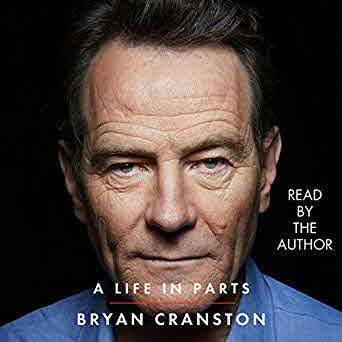
I'm generally not a fan of audiobooks (too hard to stay focused), but I don't mind a good celebrity memoir read by the author...and overall, I enjoyed this one.

I loved Breaking Bad and truly believe it is the best show that has ever been put on TV. So, this book really grabbed my interest. But, it wasn‘t only that. Cranston really talks about playing roles and becoming the roles which I found fascinating and so genuine. I loved this book.
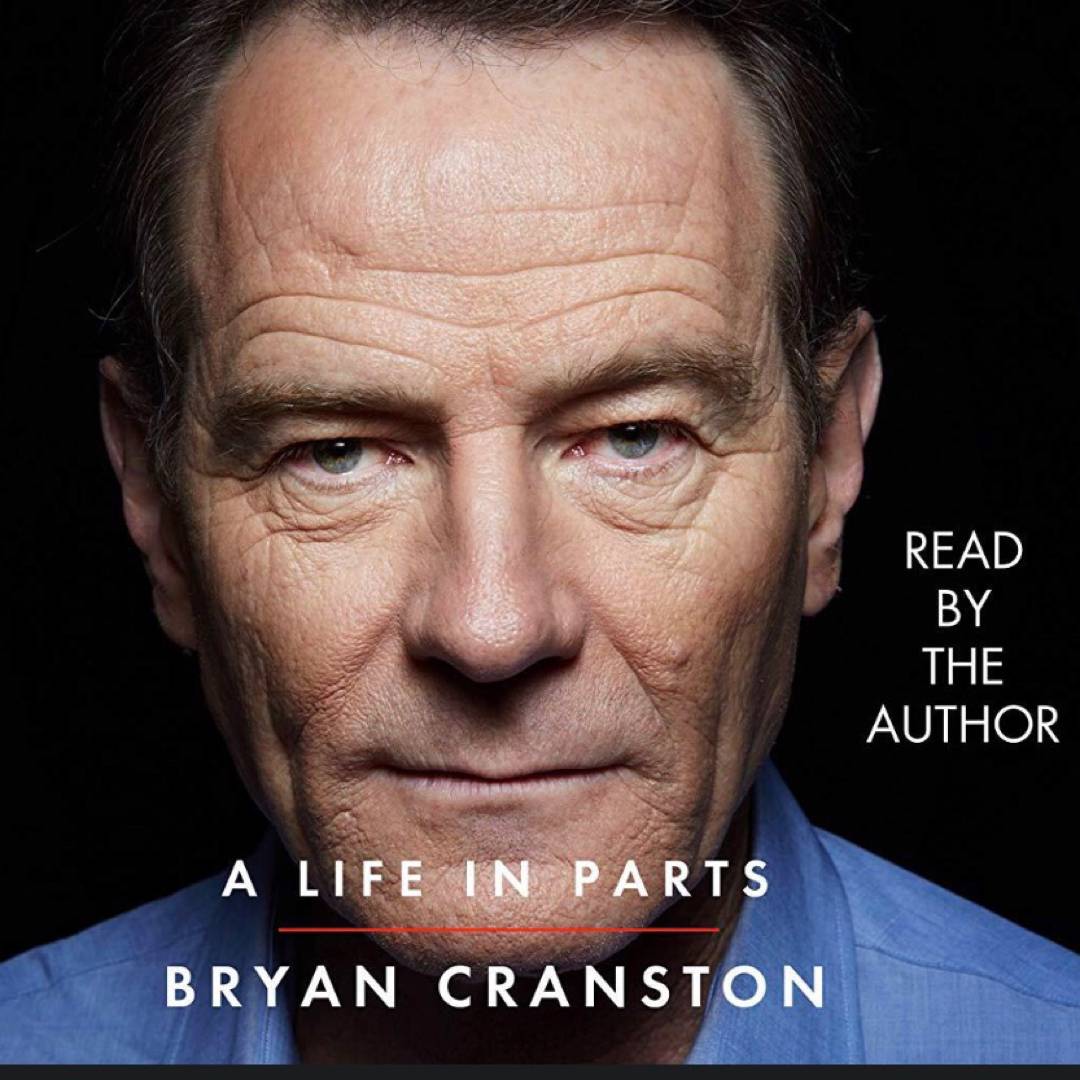
Bryan‘s short chapters/stories are fun, sweet, voyeuristic.... #audiobook
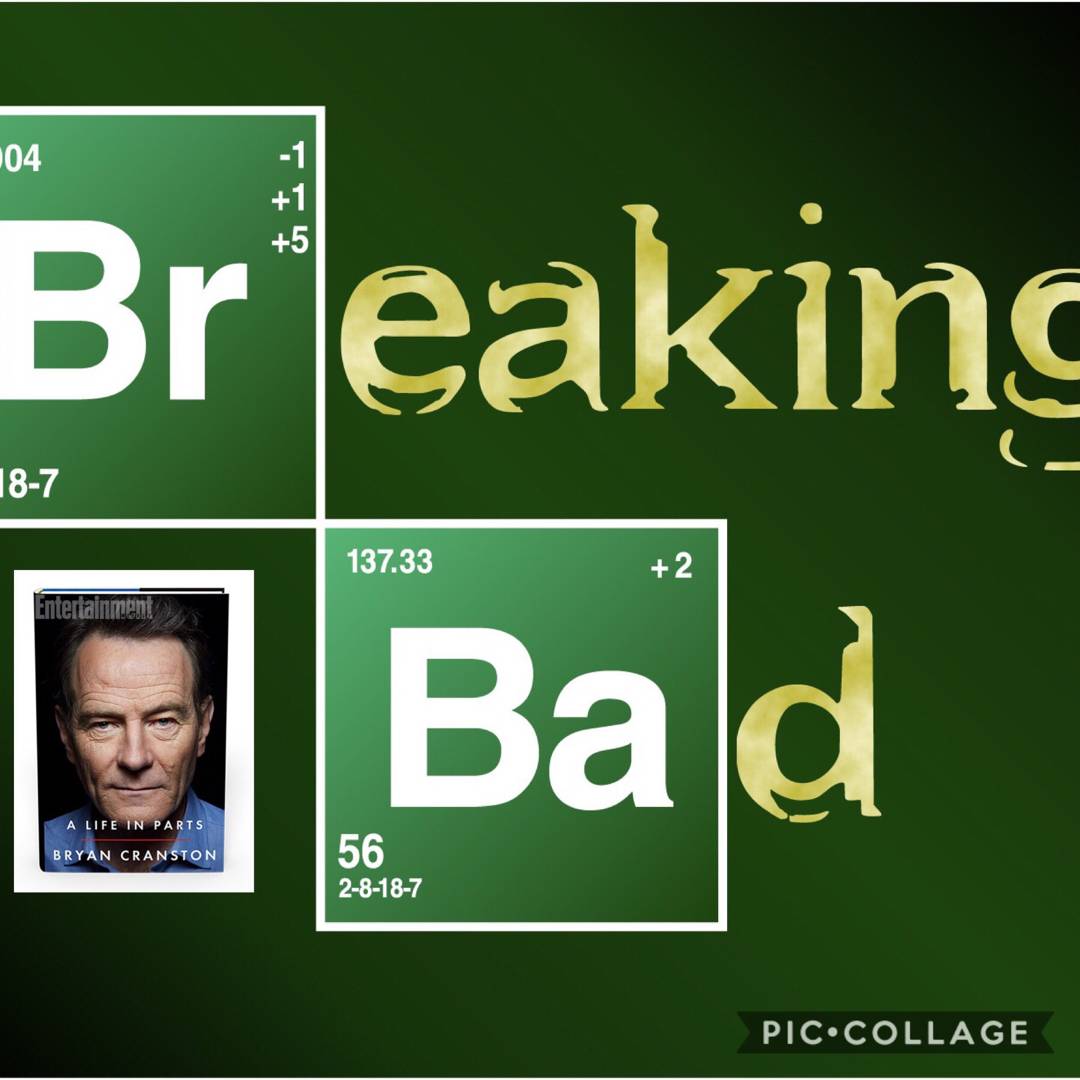
2 | #SeptemberDanes
Walt and Jessie were so #GoodTogether, until they weren‘t.
If you enjoyed the show, you might like Brian Cranston‘s memoir - it‘s an interesting read.
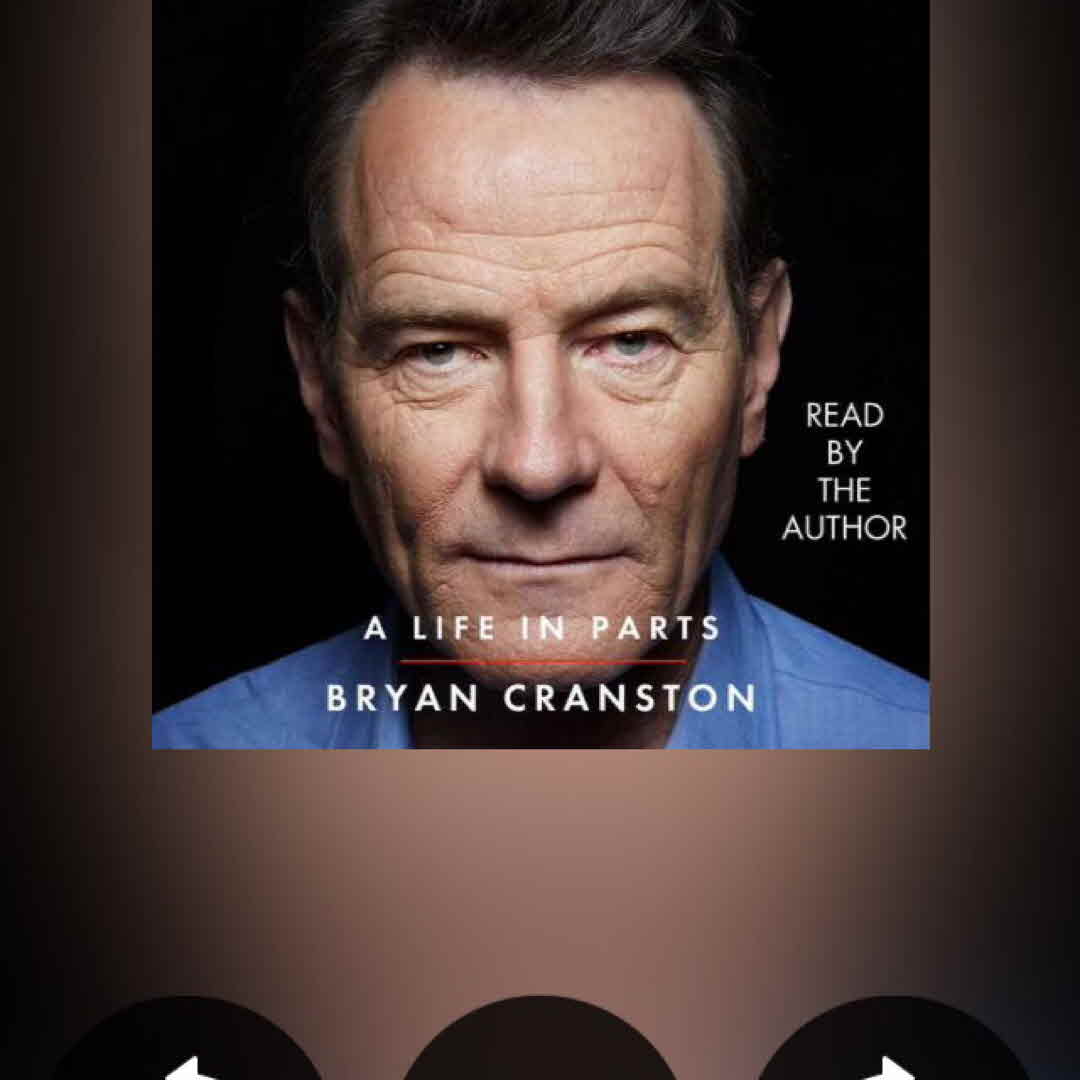
It was fine as an audio. Wouldn‘t have held my interest if I were reading it.
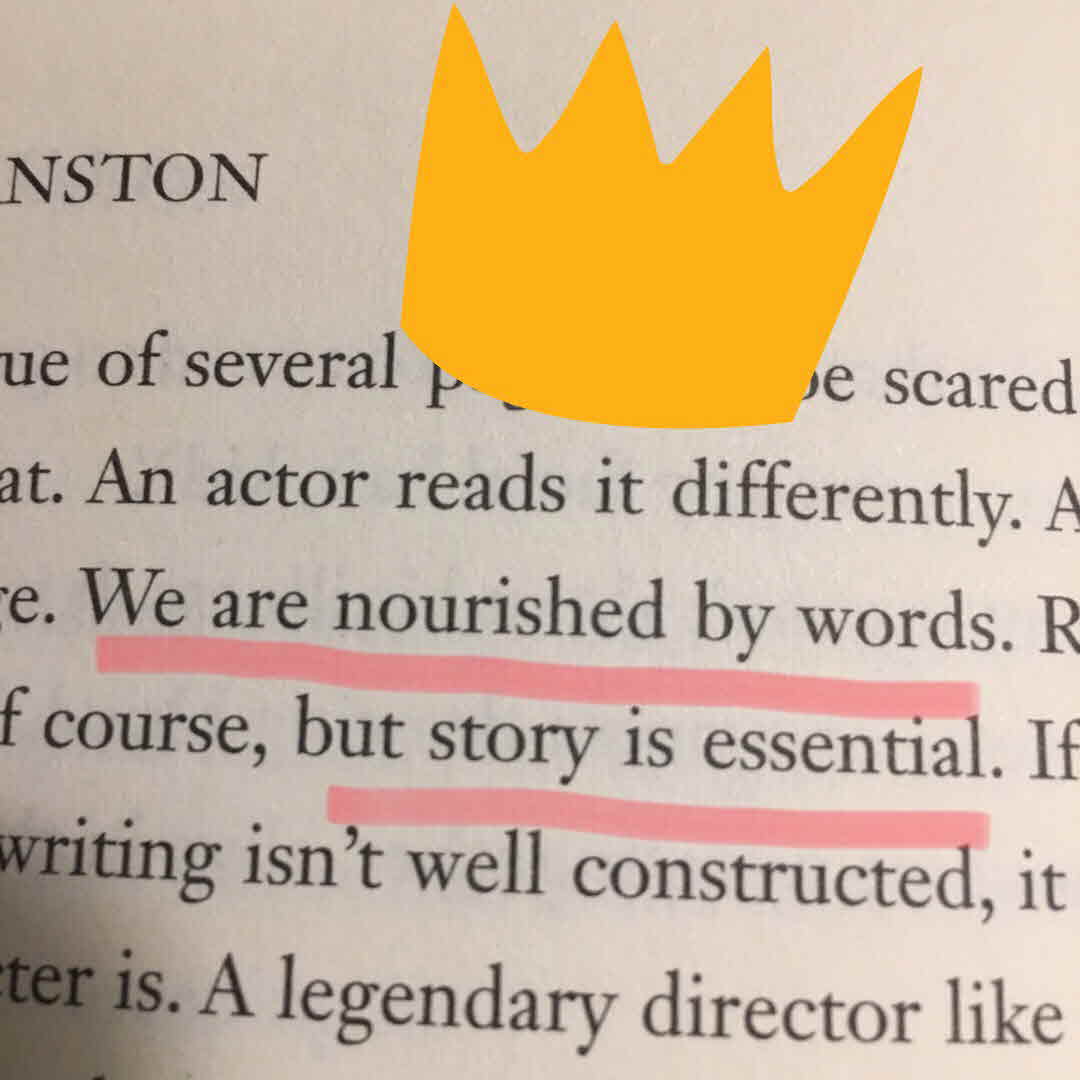
This book is obviously going to appeal to fans of Breaking Bad, but it‘s also good for creatives of all types, because Cranston never had an easy path and he benefitted from lots of luck—both good and bad. A solid 🌟🌟🌟🌟
Loved this!! I listened to the audio book which I HIGHLY recommend. Bryan Cranston's voice and delivery is amazing and the stories he tells are interesting, inspiring, and truly unique.
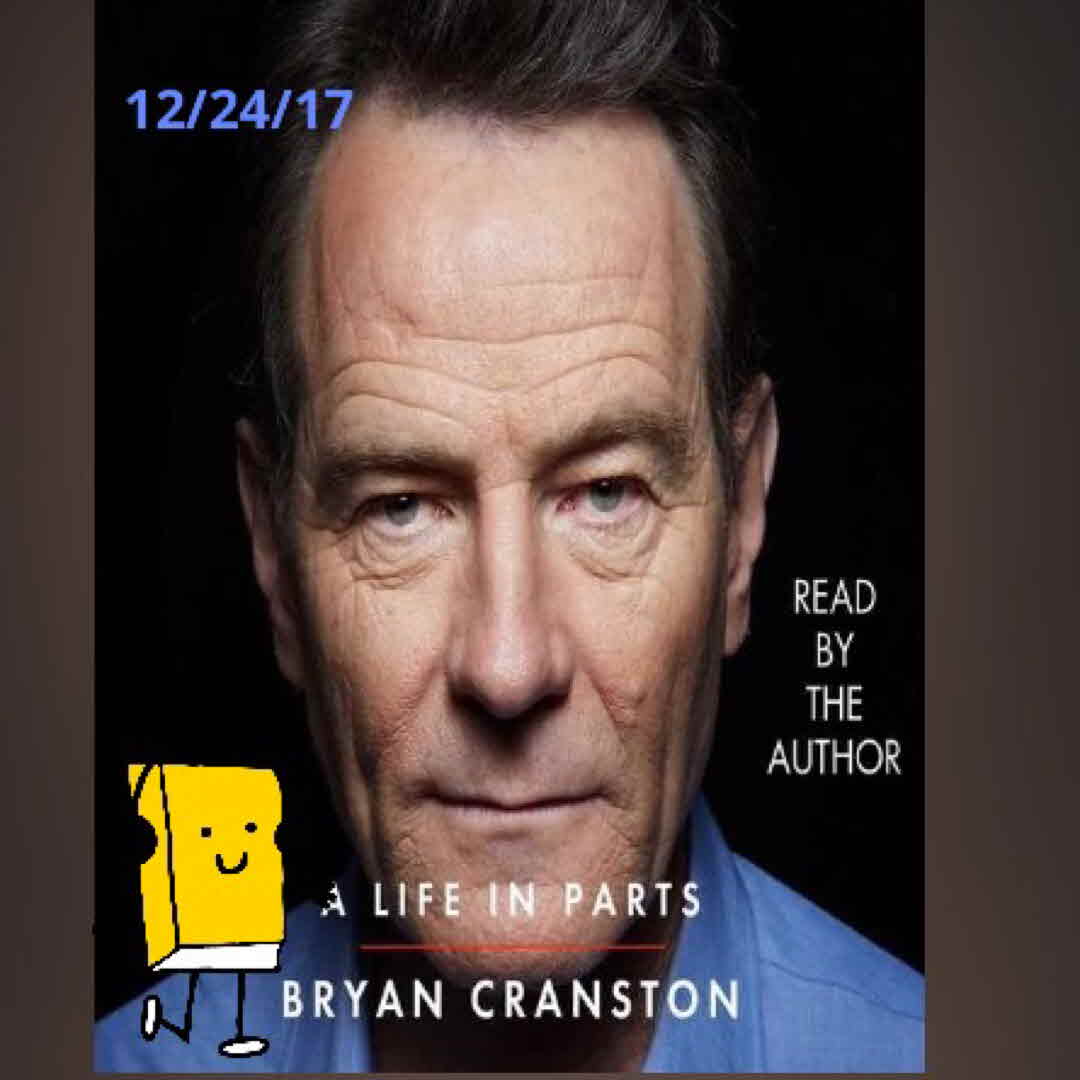
I really like memoirs. Great delivery and interesting. My husband (not an audiobook fan 😐) even said that he enjoyed the portions he heard. I definitely recommend the audio version for this one. Walter, I mean Bryan 😉, does talk about acting in Breaking Bad.
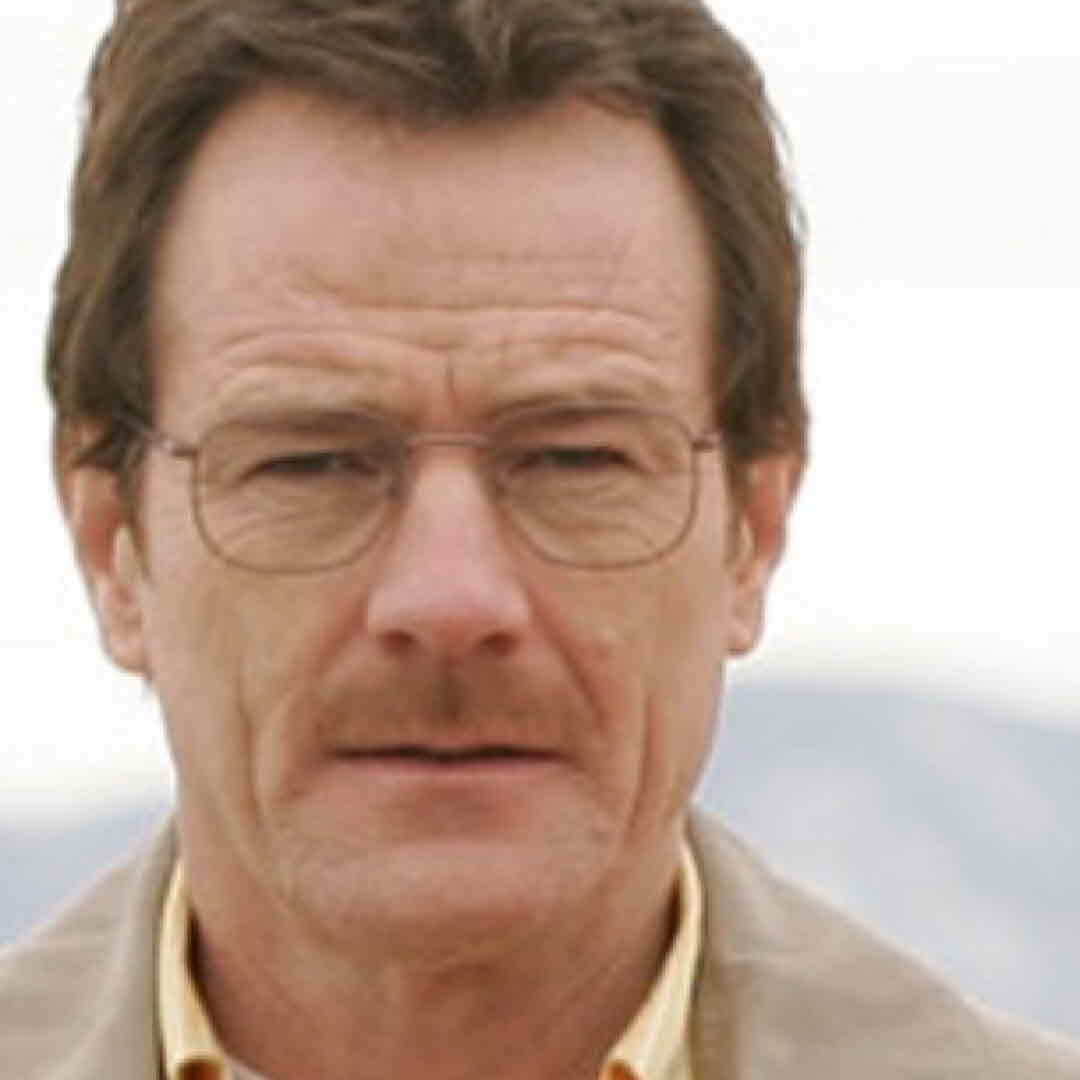
Cranston's story from childhood to post-Breaking Bad
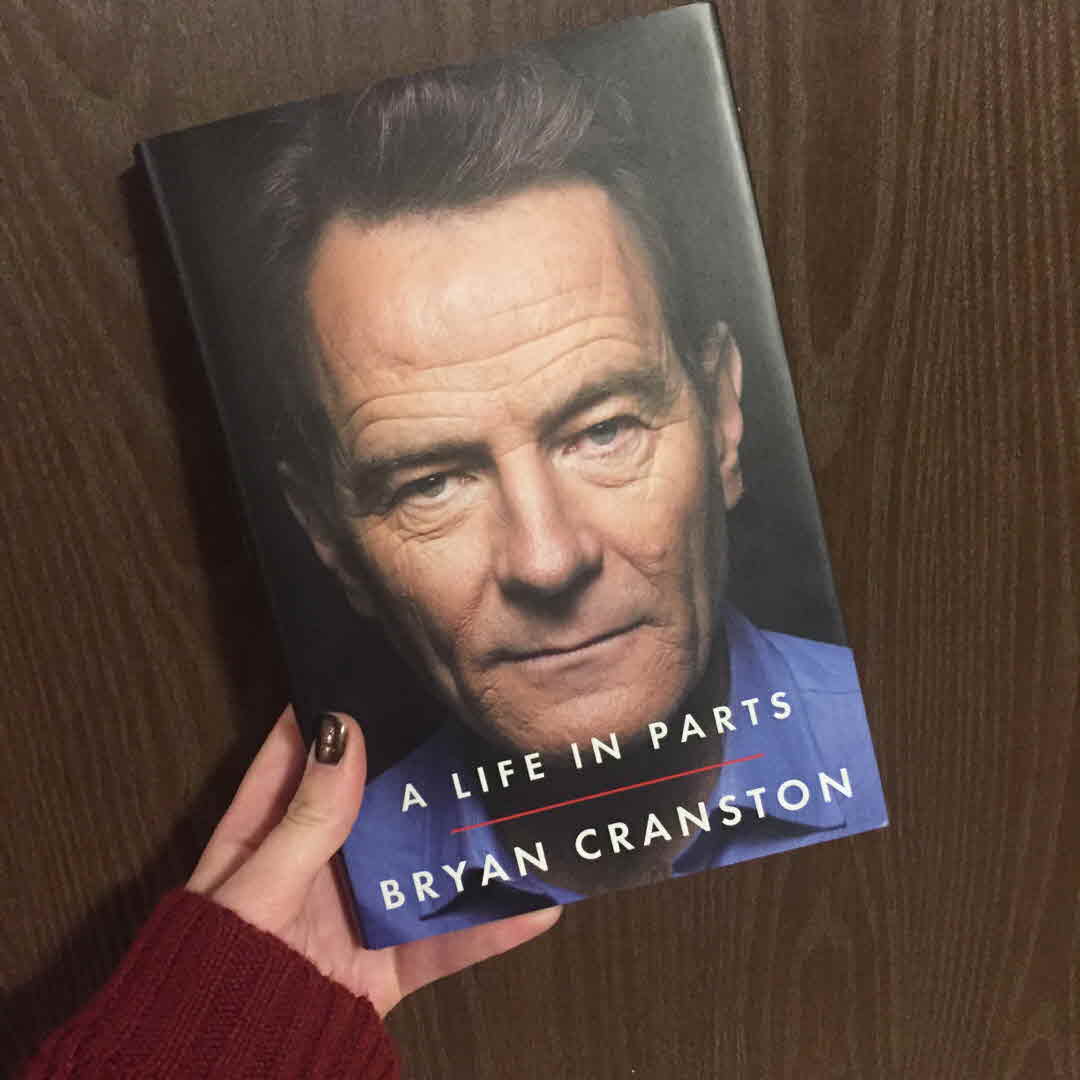
Found some great books today at the thrift store for 50 cents today. But this was the one I was most excited for! Nolan's a huge Breaking Bad fan, and we're both fans of Malcolm in the Middle. Can't wait to read this one. ❤️
Photo 1/3
#thriftstorefinds #B1G1 #saleday
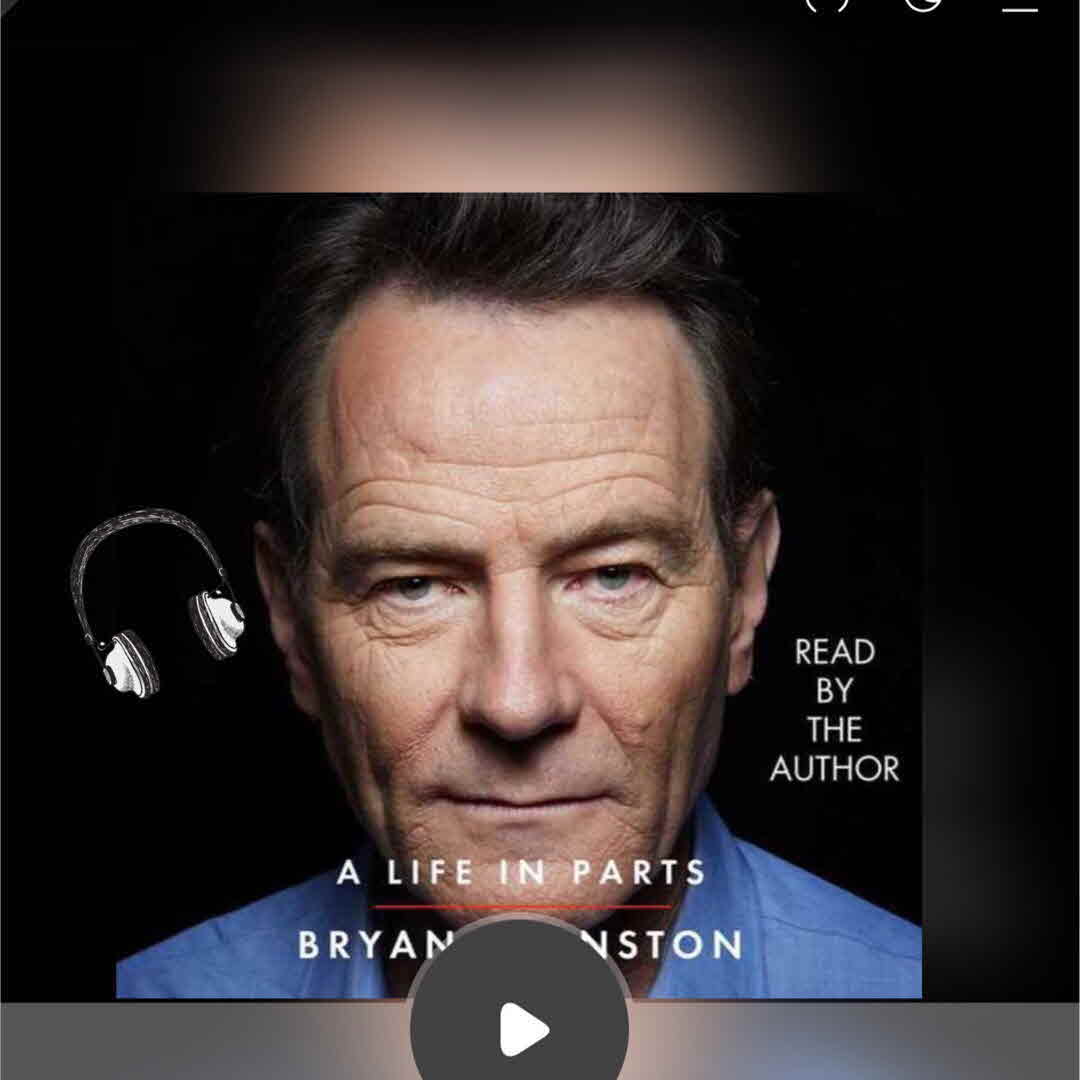
Bryan seems to write honestly and with much humor. There are some laugh out loud moments along with some critical comments about other actors. His brief encounter with Alfred Hitchcock was hilarious as he narrated it. He doesn't hold back telling of some shameful behavior growing up. Enjoyable certainly but I got the idea he is a difficult person to work with
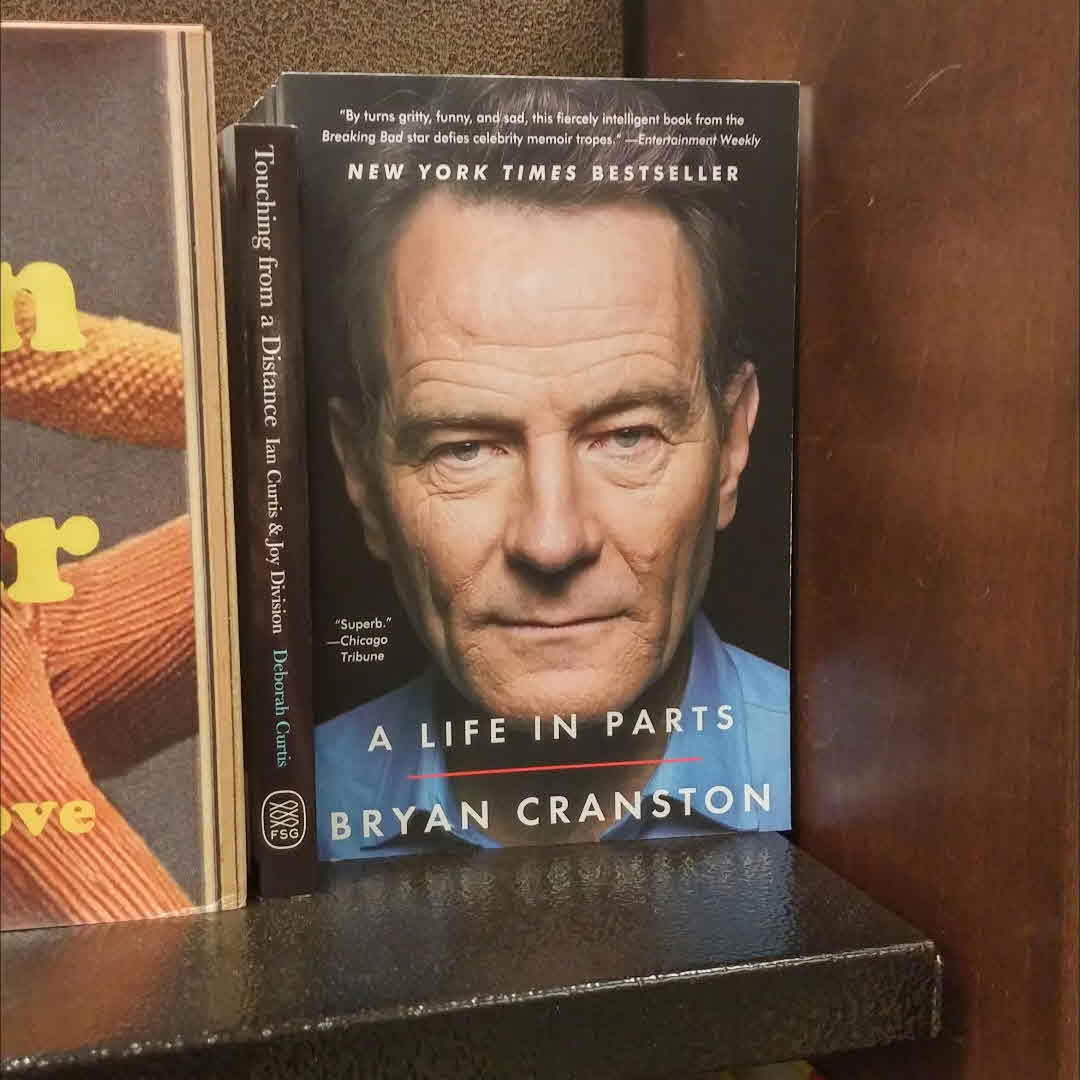
Finished the last 100 pages in a #barnesandnoble on my break, with the previous 80 tackled yesterday evening. If the fleet readability of the last 2/3rds compared to the first are any indication, certain parts of a person's life are just more interesting than others (my harsh but honest explanation for struggling with memoirs in general). I long expected to rank this a "so-so," but the rebound in quality later on really saves it.

1. Last vacation-Chicago. Spent some time frolicking in the face fountains in Millennium Park
2. Favorite comfort meal-Lasagna
3. Bucket list destination-Antarctica and Croatia
4. Tagged book and a few others
5. All the books in all the forms!! 📚🎧📱
#humpdaypost
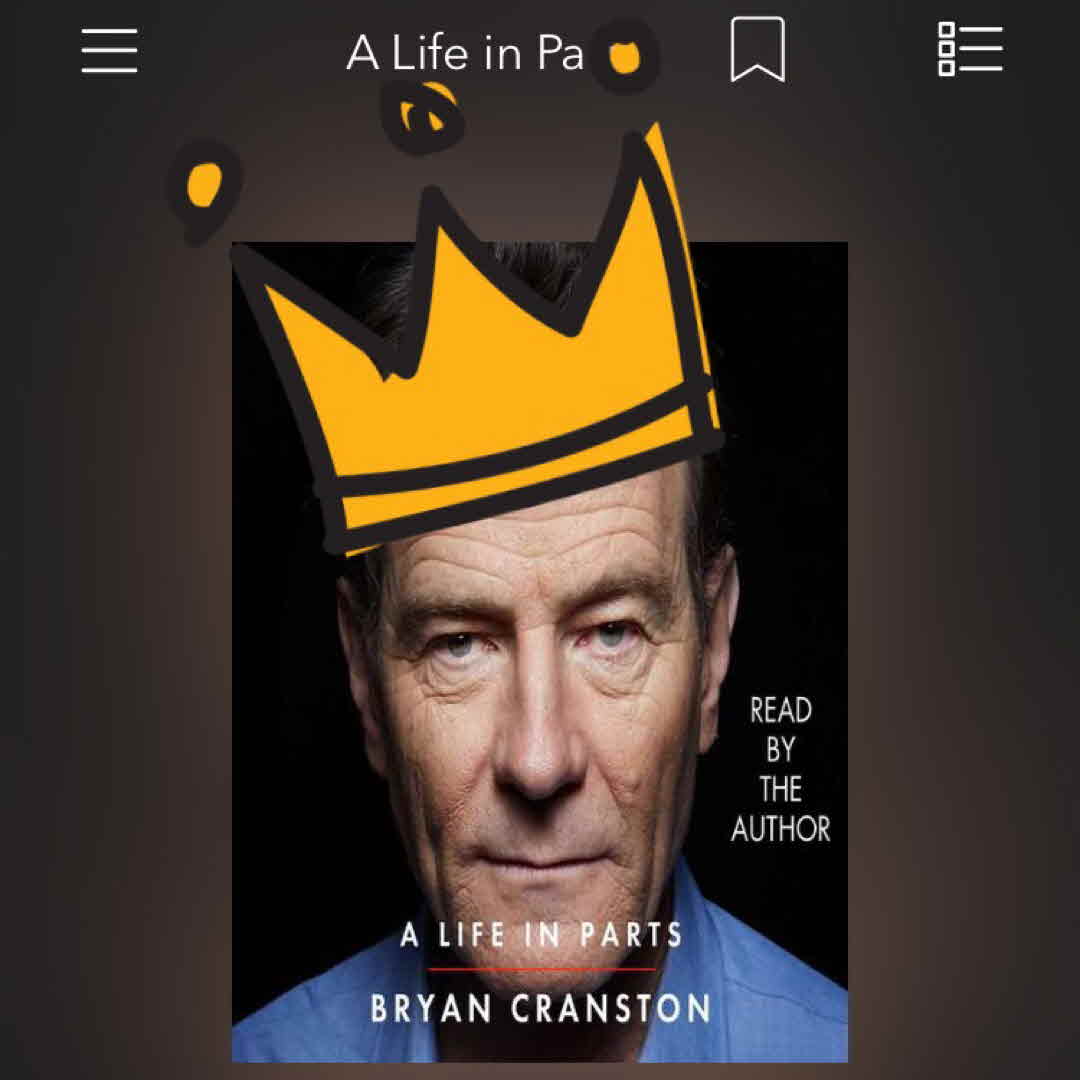
Between a migraine that has raged for the better part of this week and the general state of affairs, I had to take a break. But this arrived today and I could not be happier...I've waited for months for this library hold! I've enjoyed many of Bryan Cranston's characters, and it's a delight to listen to his narration.

I'm so glad I decided to pick up Bryan Cranston's memoir--loving his sense of humor 📓😉
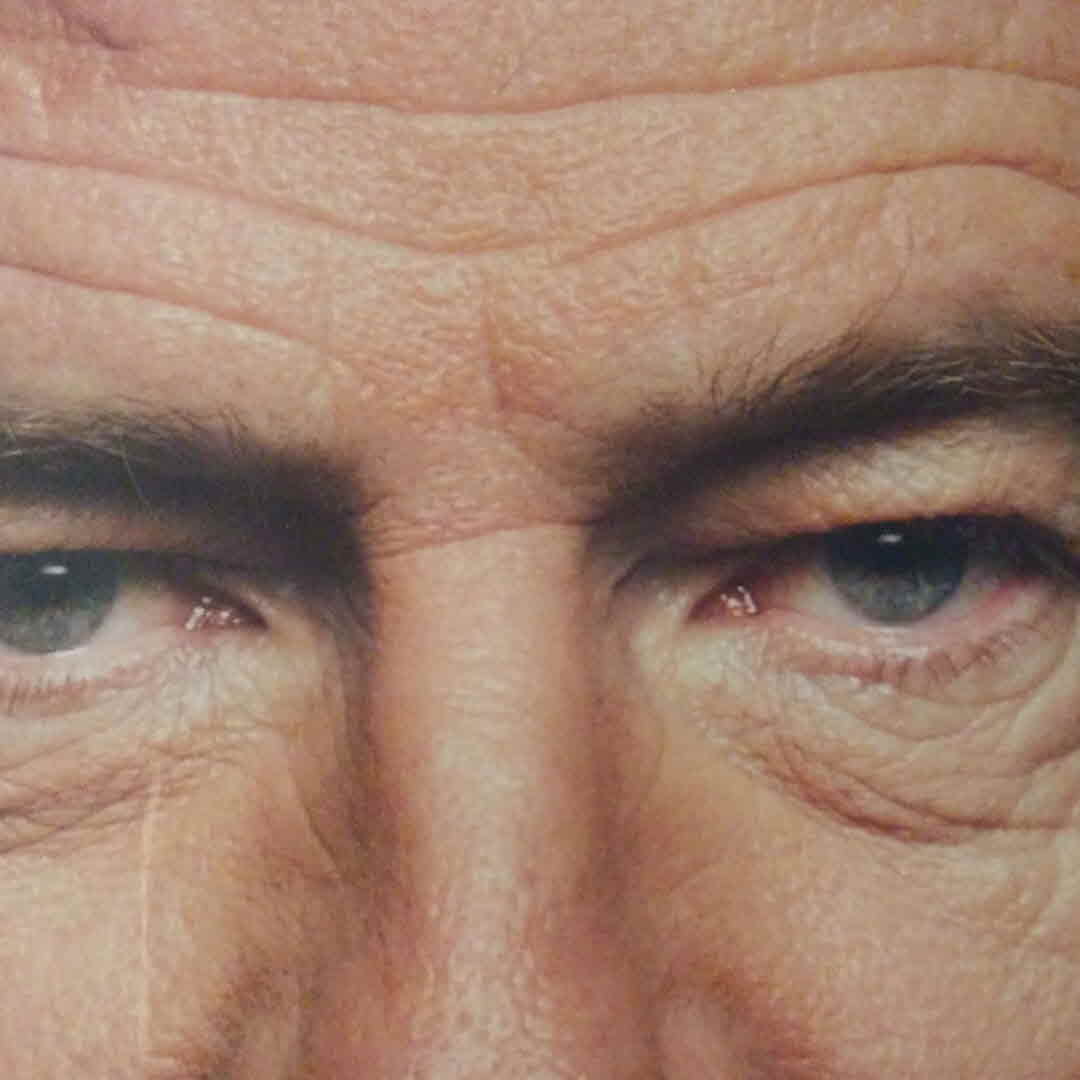
Enjoyed this look into the life and mind of one of my favourite actors #BryanCranston #aLifeinParts

Started this one on a walk with Ginger today. I HAVE READ SO MANY BOOKS lately. I just need time to sit here, and tell you all about it. For now, I can say that I would go through this whole book, even if it was bad, just because I love to listen to his voice 😂😂😂😂 #NoShame #BeaglesOfLitsy #ReadingCompanions #Audiobooks

It was hard to choose so few!
#jubilantjuly #bestreadsof2017sofar
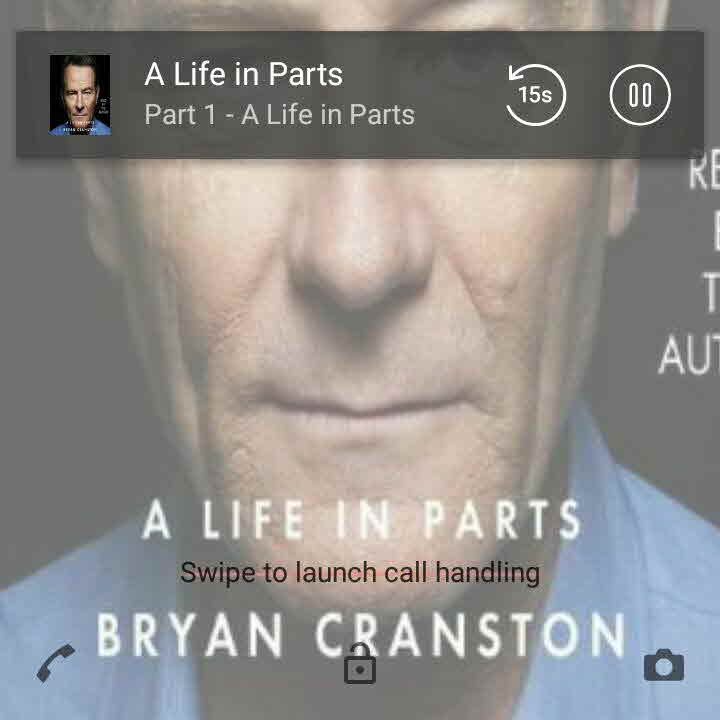
So this trip to Hawaii for Golden Week wasn't the tan on a beach with a book kinda trip but I did finish up this audiobook during the early mornings waking up before the dudes and getting everything ready for the day 😂🌞🌊 Cranston did a fabulous job voicing his memoir though occasionally it feels like he's acting his life and you begin to question what's reality. His youthful sneaky adventures are hilarious. #mommyreads #audiobook #memoir
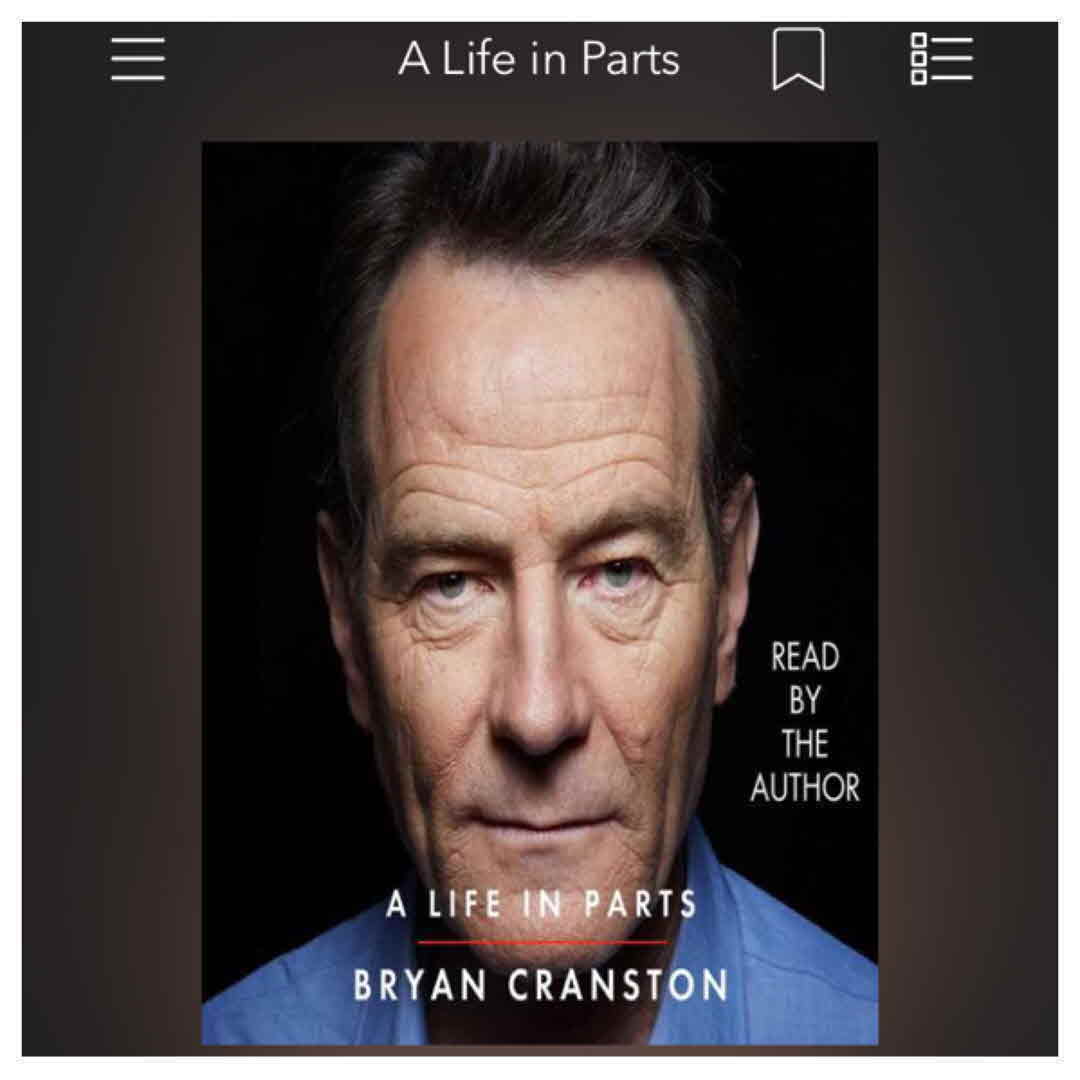
I never watched Malcolm in the Middle, and I couldn't make it to the end of Breaking Bad, but I really enjoyed this memoir! (P.S. His narration is very nice)

So glad that my library has this on audio via Overdrive. My listen while cleaning the house is ready!!
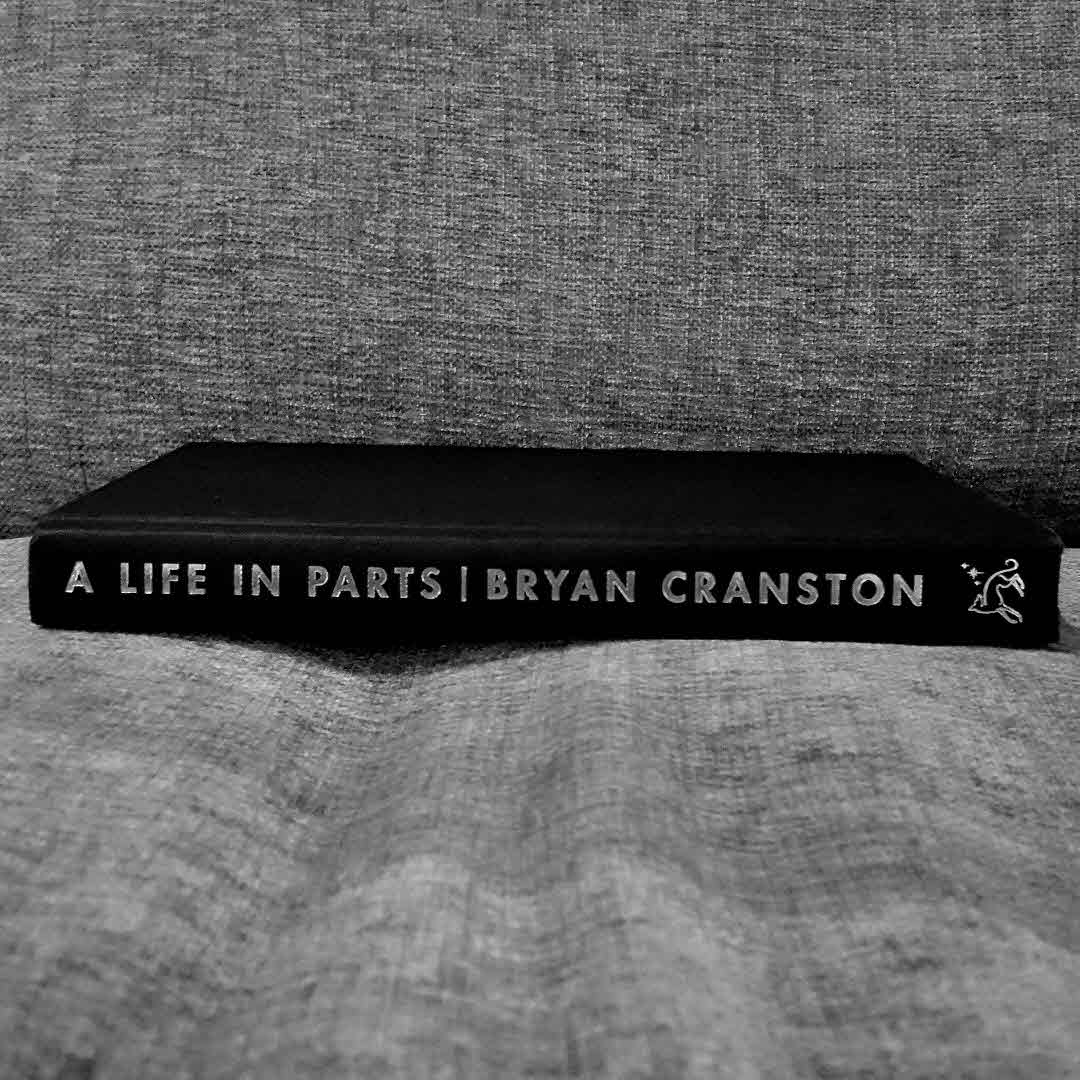
Cranston's autobiography gives a great insight into how he's shaped his performances over the years, highlighting how talented he actually is. The book details the incredibly interesting life he's led, including his pre-acting years. Never boring, the only criticism is that it's too short - at only 270 pages you can tell he's skipped a few years. I'd have loved some more anecdotes. However, it's still a very fun, easy and inspiring read.
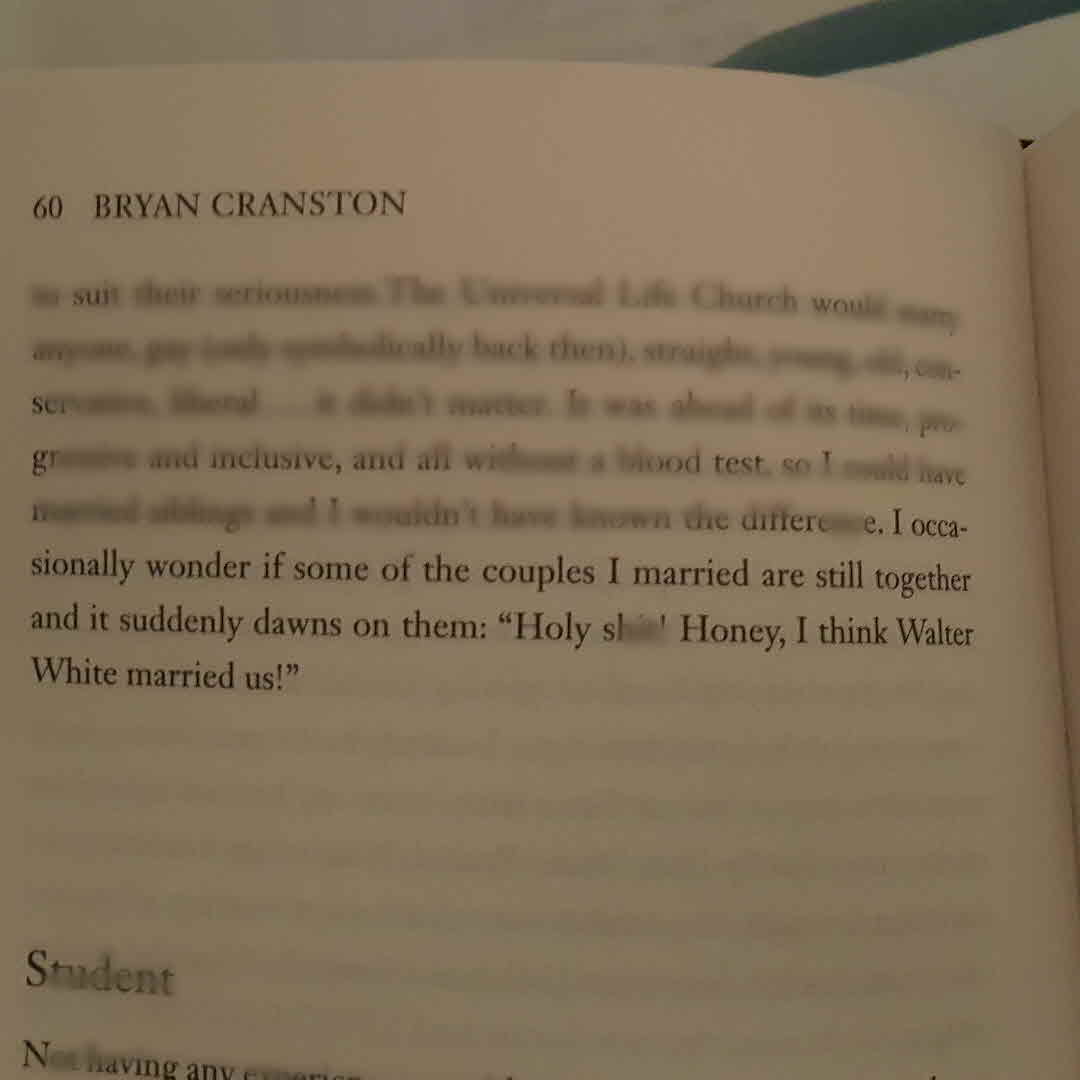
Only 60 pages in and already Bryan Cranston has shown he's had a very varied life. This chapter on him being ordained was particularly amusing!
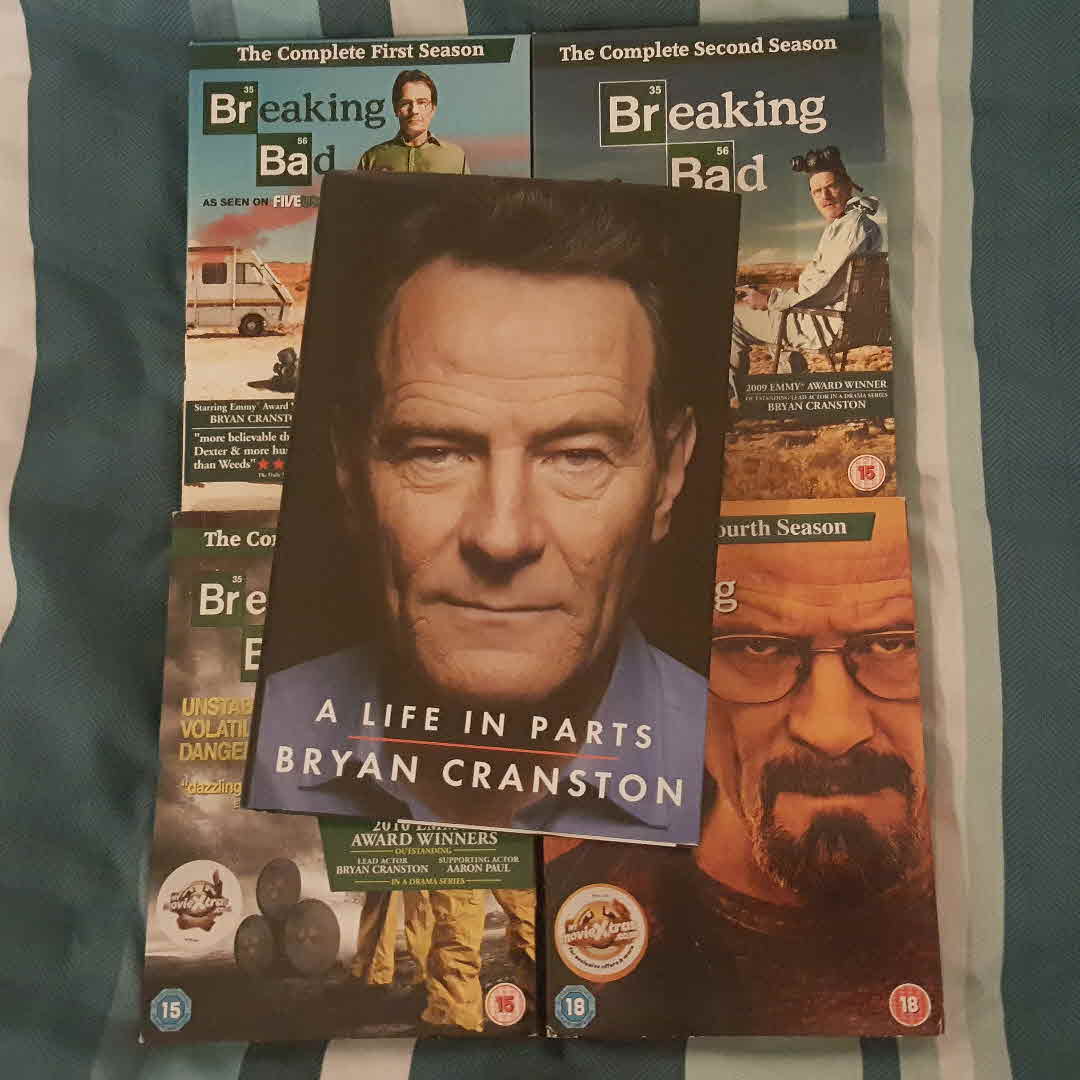
Started reading this at the weekend. Very good so far. I'm a massive Breaking Bad fan but also loved his much different role on Malcolm in the Middle. Shockingly, this is the first nonfiction book I've read since 2015. Seems 2016 was a year of novels for me.
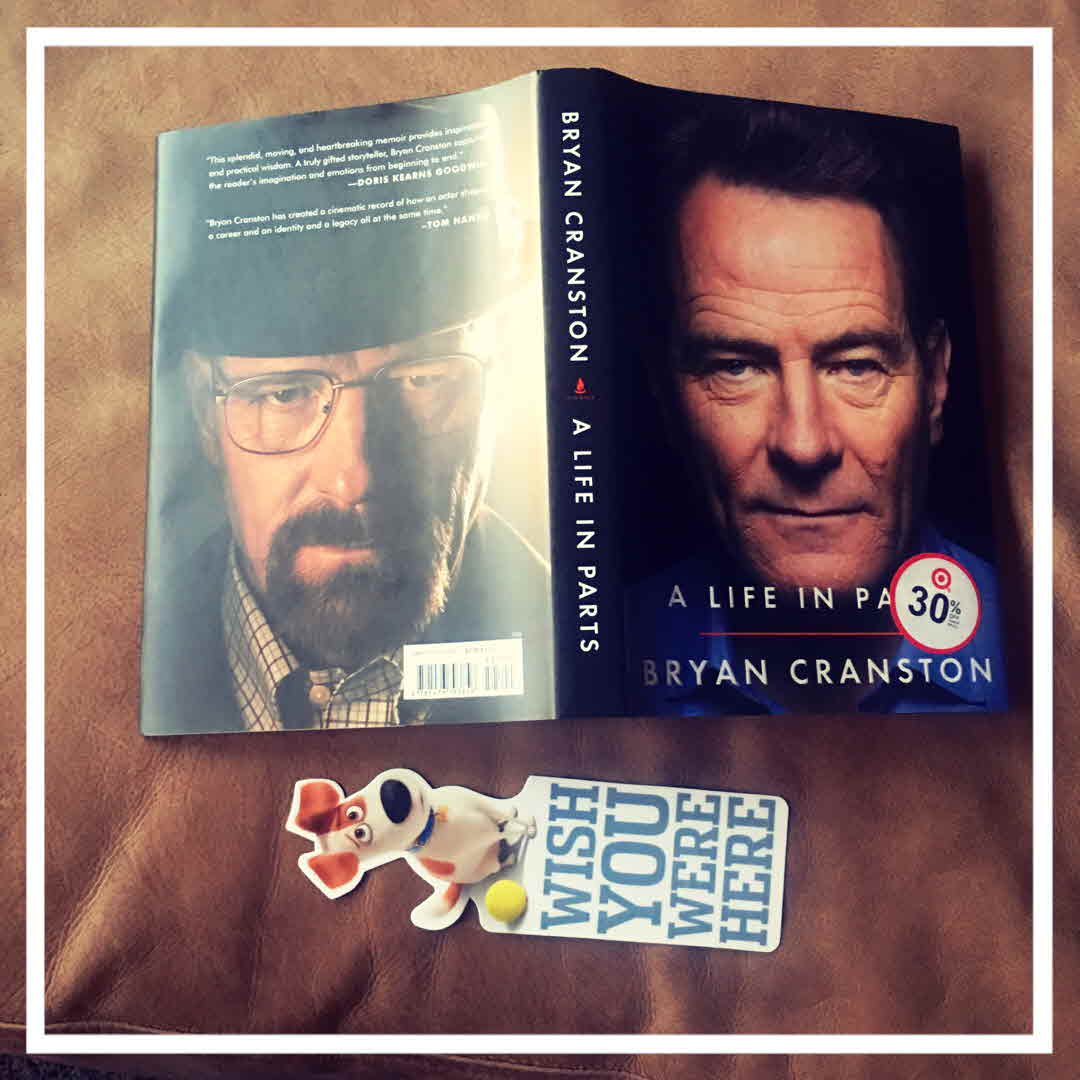
What a wonderful telling of the human experience. I would love to listen to Bryan Cranston tell me any kind of story. I appreciated the format of the book; it was easy to read.
Bookmark compliments of @Clarissa

Been waiting on this one for awhile!!! Can't wait to hear Mr. white narrate this!
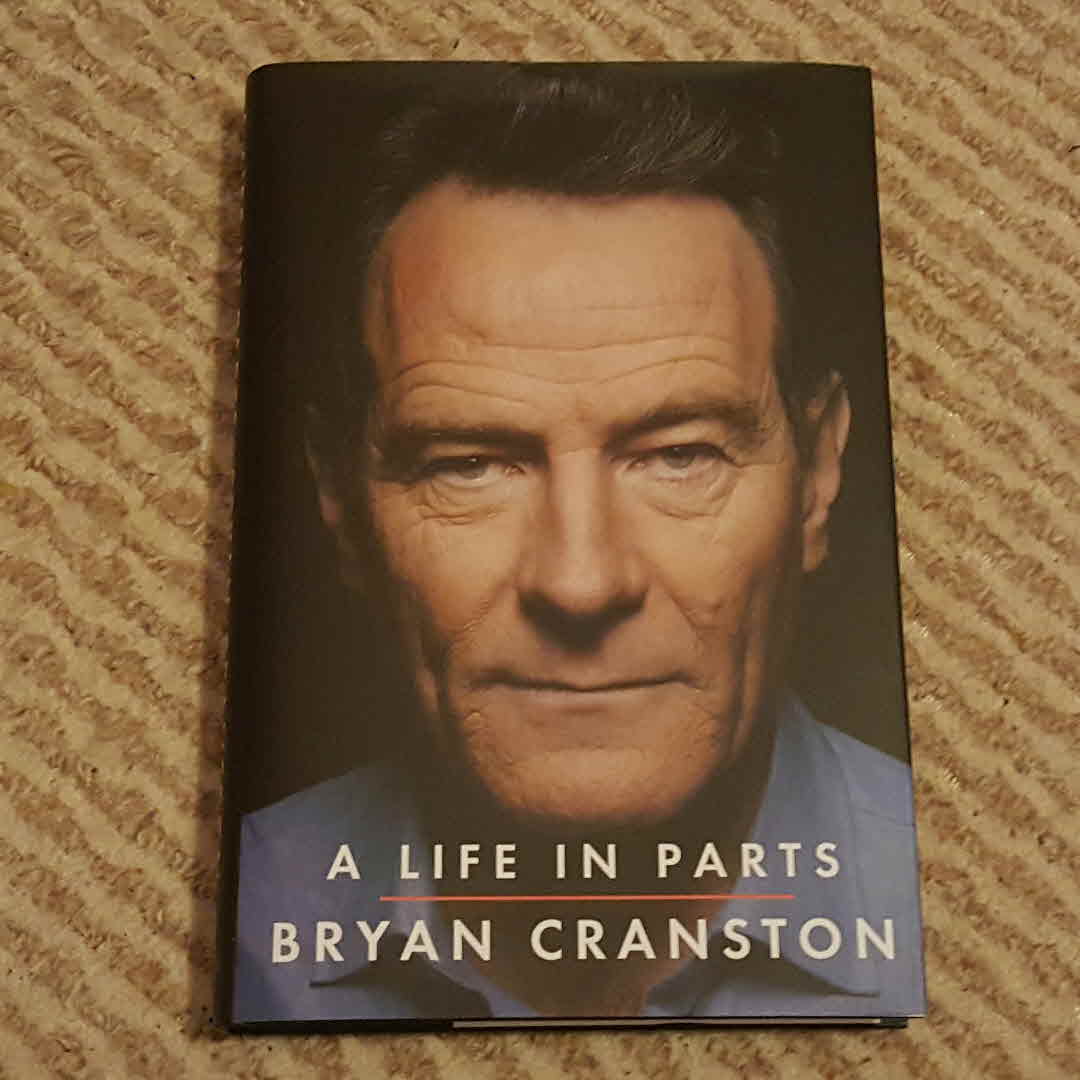
Late Christmas gift received today. Cranston has always appeared to be a very entertaining and intelligent man so I think I'll enjoy this.
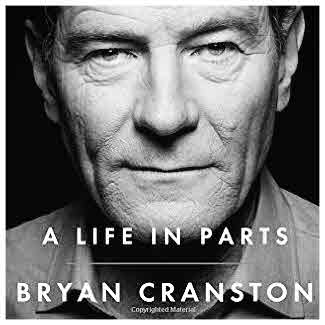
First of all, I'm a huge Cranston fan. I think of him as a father figure. I enjoyed this audiobook, especially the parts about Breaking Bad and Malcolm in the Middle. Unfortunately, I can't quite "pick" it because it felt a little disorganized in the beginning, but I really recommend this for anyone who enjoys Bryan's body of work. The audio version is narrated by the author himself, which really adds to the story.
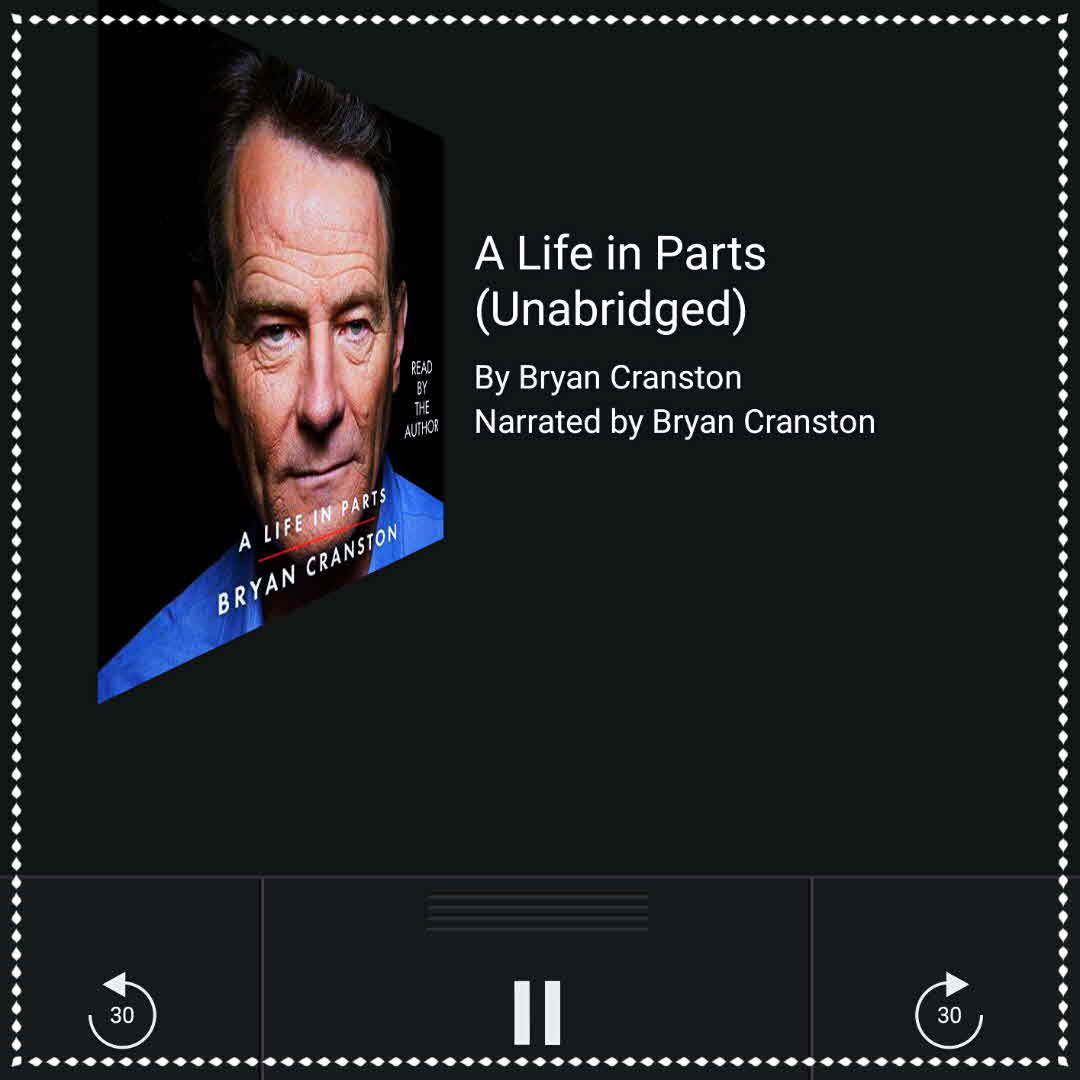
Bryan Cranston is one of my favourite actors. I'm loving this audiobook, made even better by Bryan's narration. #audible #audiobook